In the 1950s, Berlin was a microcosm of the Cold War. The eastern half of Berlin was controlled by the communist government of East Germany, whereas the western half was occupied and supplied by the United States and its allies.
Problems plagued Berlin’s communist section. Despite supporting communism after the war, many East Berliners became disenchanted with its lack of progress and freedom. East Germany’s government imposed ambitious production quotas and targets on its workers. The government subsidized food, clothing, and accommodation, but there were sometimes shortages or long queues. A lack of consumer goods and luxuries resulted from East Germany’s industrial priorities. East Germans were always aware of the Stasi (‘State Security’), one of the most pervasive and most significant secret police agencies in the Soviet bloc. From the early 1950s, East Germans found it difficult to travel abroad. From Czechoslovakia to the Baltic Sea, the border between East and West Germany was made up of barbed wire, fortifications, and guards..
Read more
Midway through 1953, tensions between East German workers and their government intensified. The government demanded raises in work quotas but not in wages. There was a shortage of foodstuffs and essential consumer goods, including electricity rationing. In June, construction workers in East Berlin went on strike after the government threatened to cut their pay if they failed to meet production quotas. Approximately 40,000 people joined the strike, many of whom demanded a reduction in quotas and political reforms. Eventually, some protesters were bold enough to demand the removal of the East German government. The police and Soviet troops confronted the protestors on Unter den Linden (‘Under the Limes,’ a well-known street). The police opened fire on the crowd, killing at least 55 people, but the actual death toll may have been ten times higher. People were convinced that escape from the Soviet bloc was necessary due to the worsening situation. Political refugees from East Germany and other communist nations sought refuge in West Berlin. West Berlin’s borders were less heavily guarded than East Germany’s, so illegal crossings into the city were difficult but possible.
West Germany’s better living and working conditions attracted a steady flow of East German refugees. By 1950, more than 1.5 million Germans lived in West Berlin. They could relocate anywhere in West Germany or western Europe as soon as they arrived. During the 1950s, the number of refugees increased annually: from 144,000 (1959) to 199,000 (1960) and 207,000 (1961). Most westbound refugees came from the professional classes – doctors, lawyers, teachers, the college-educated. Concern about this exodus of Soviet citizens was growing in East Germany and the Soviet Union. It was of particular concern to the Soviet bloc that there might be a ‘brain drain’ of skilled and educated workers. Nikita Khrushchev issued a request to the Western powers in Berlin in 1958. Khrushchev announced that West Germany, America, Britain, and France should sign treaties to transfer control of West Berlin to East Germany. He gave them six months to complete this process. Following Khrushchev’s deadline, any future access to West Berlin would be under the control of East Germany. In 1957, the city center underwent rapid construction culminating in Berlin’s International Building Exhibition (Interbau). Two main elements of the exhibition are the Hansaviertel area, designed by a range of international architects in opposition to the socialist-era housing along Stalinallee and the Congress Hall (Kongresshalle) in Tiergarten park.
Khrushchev’s ultimatum made headlines, but the west called him on it. They stated their intention to remain in West Berlin, saying that they had the legal right. When Khrushchev’s ultimatum expired in May 1959, nothing happened. Khrushchev’s gambit failed, and he had to withdraw his demands. In mid-1959, the foreign ministers of the four powers met in Geneva to discuss German reunification, but nothing was decided. Khrushchev met with President Eisenhower in September 1959, which further eased the Berlin situation. The election of John F. Kennedy to the US presidency in November 1960 encouraged Khrushchev, who continued to issue implied threats about Berlin. Khrushchev informed Kennedy at a Vienna summit in June 1961 that he intended to sign a separate peace treaty with East Germany. This treaty would nullify the old Soviet-Allied agreement guaranteeing Berlin’s road, rail, and air access. The East Germans would then have to decide whether to allow access to Berlin, and they would almost certainly revoke it.


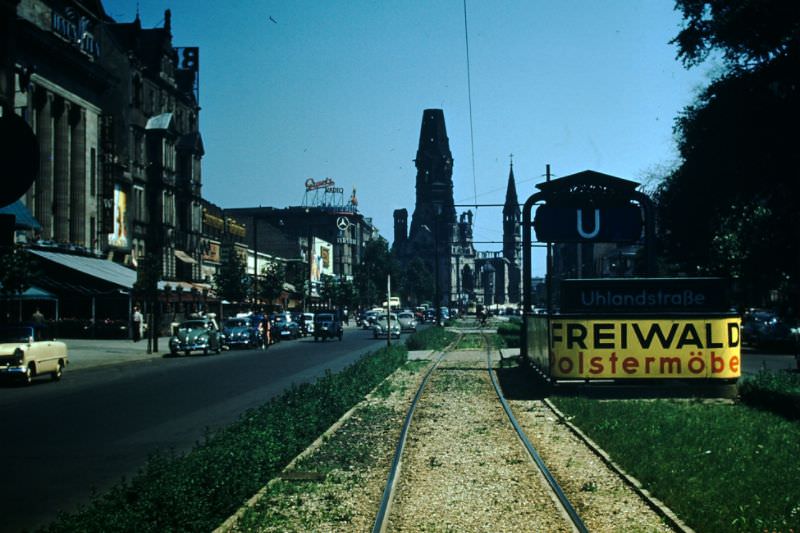
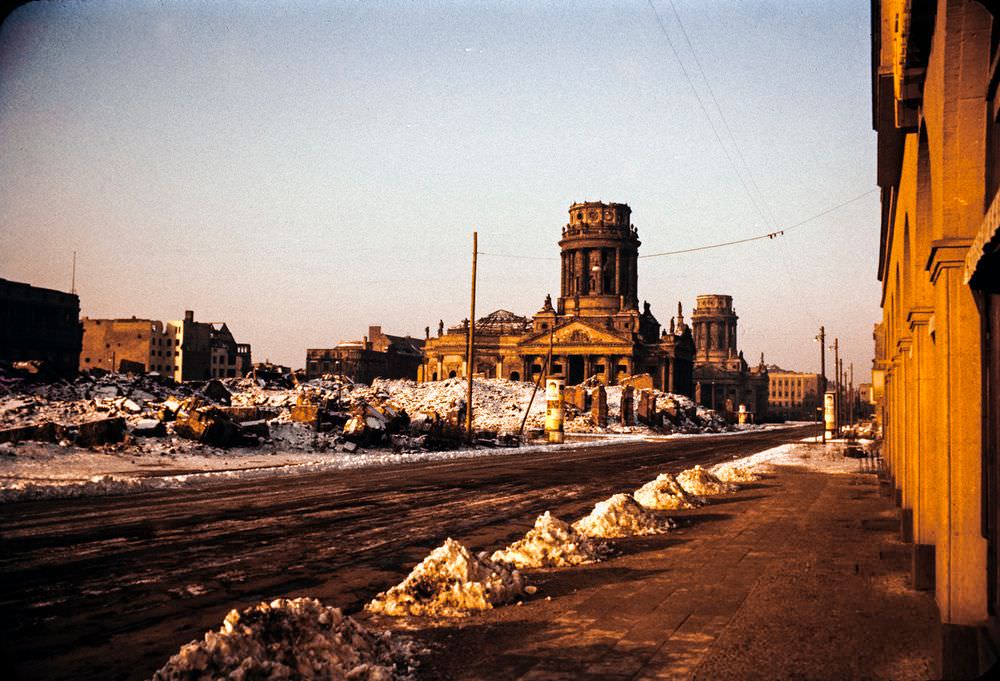
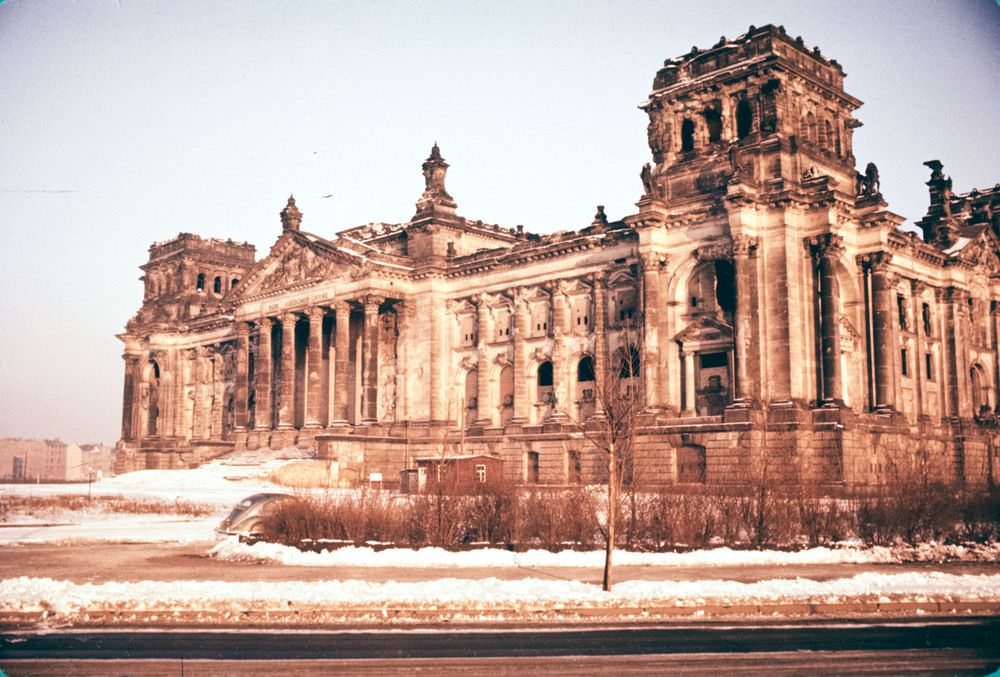
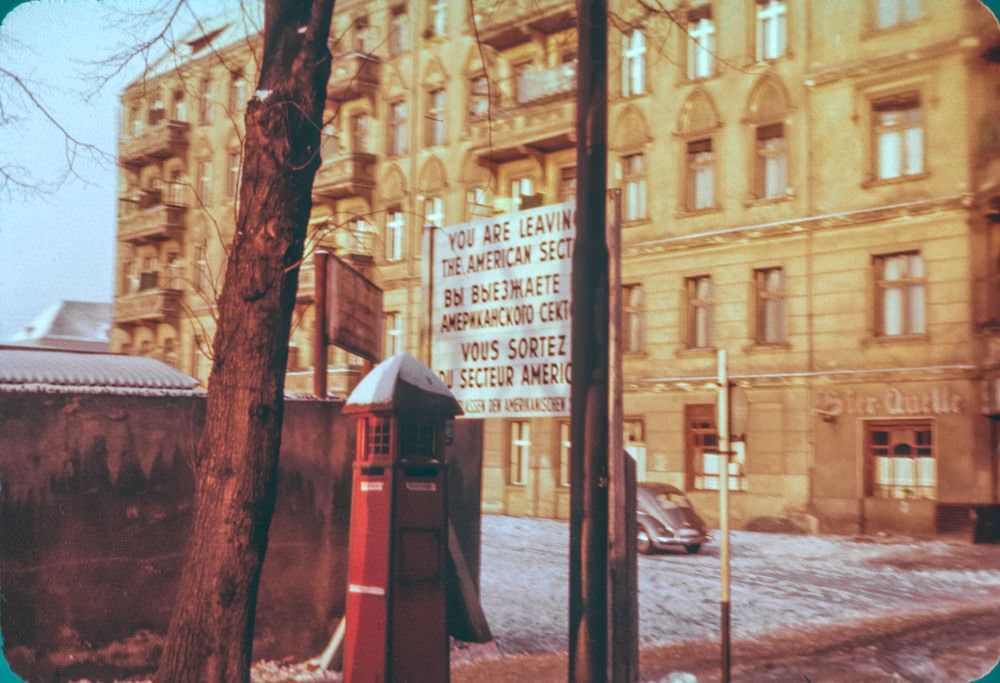
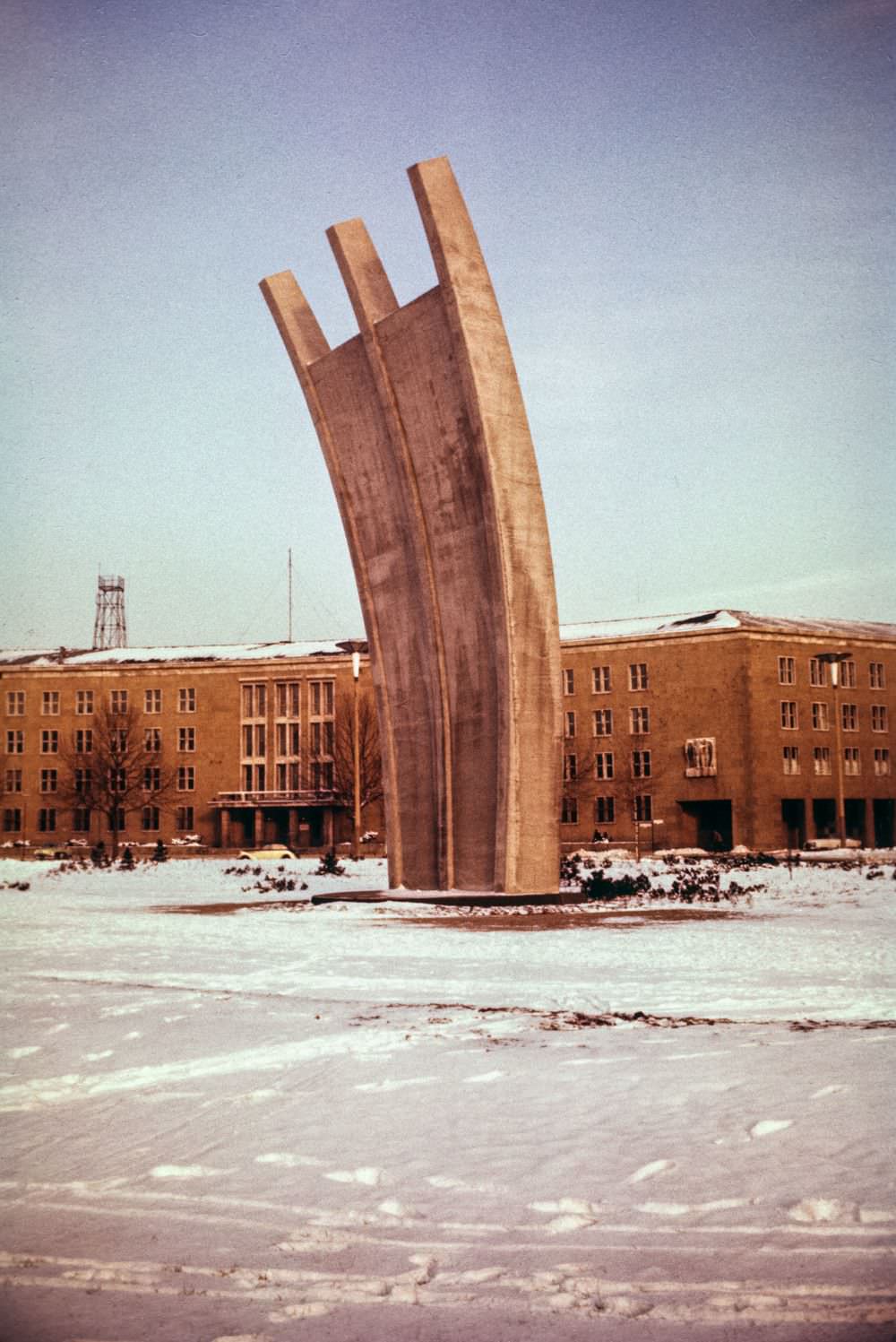
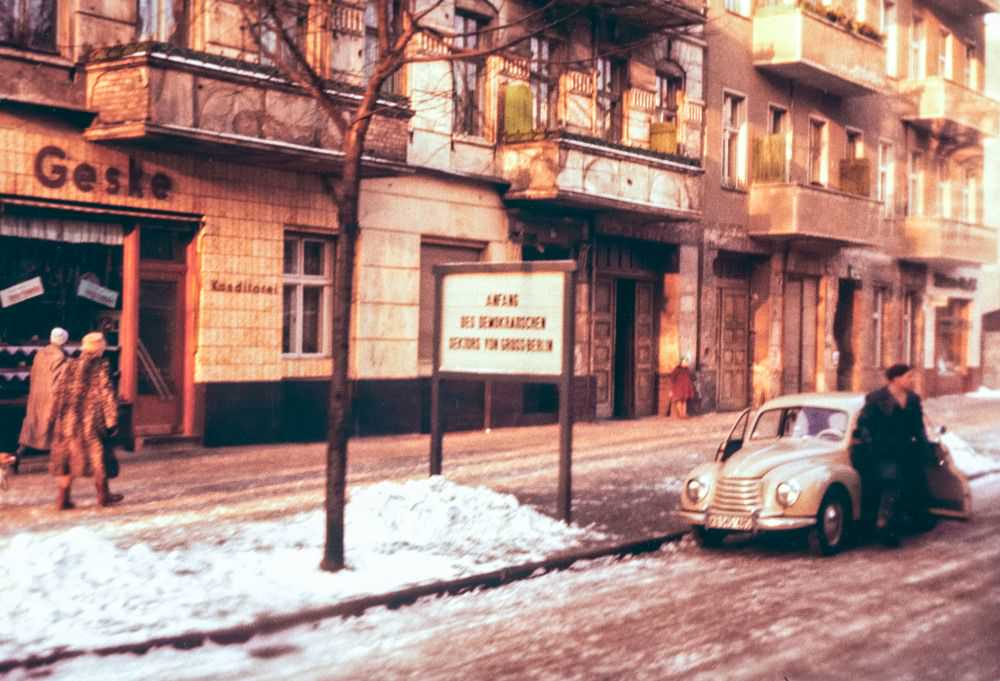
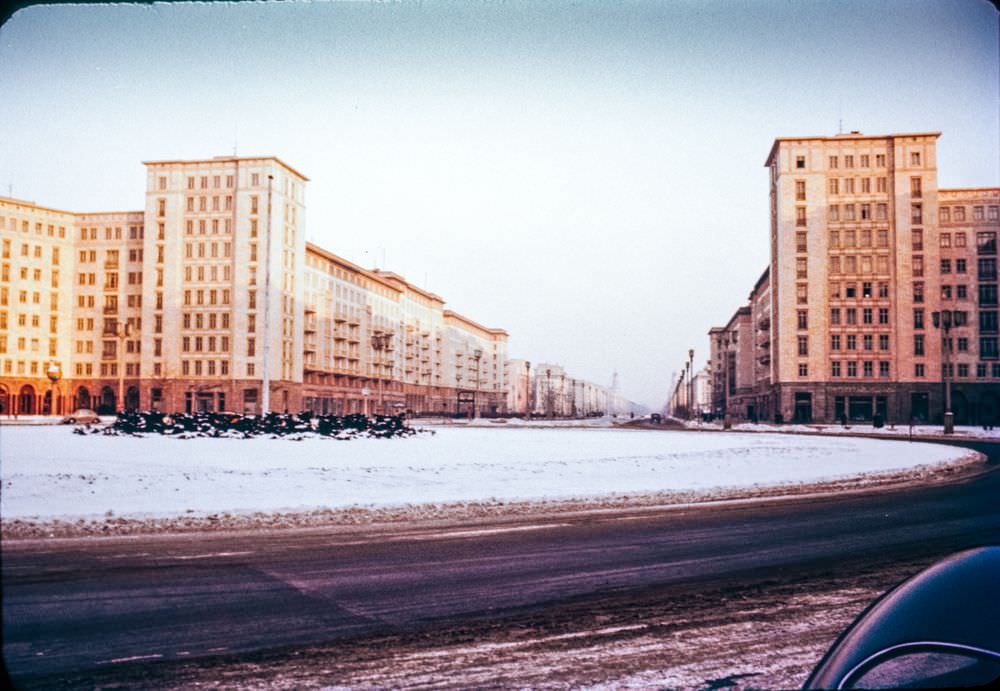
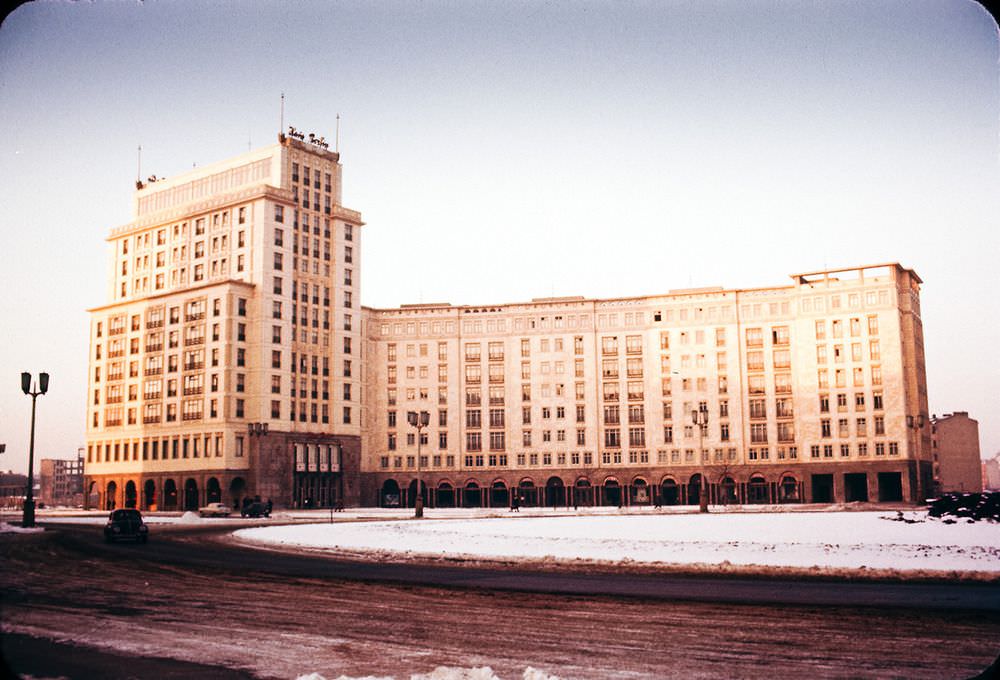
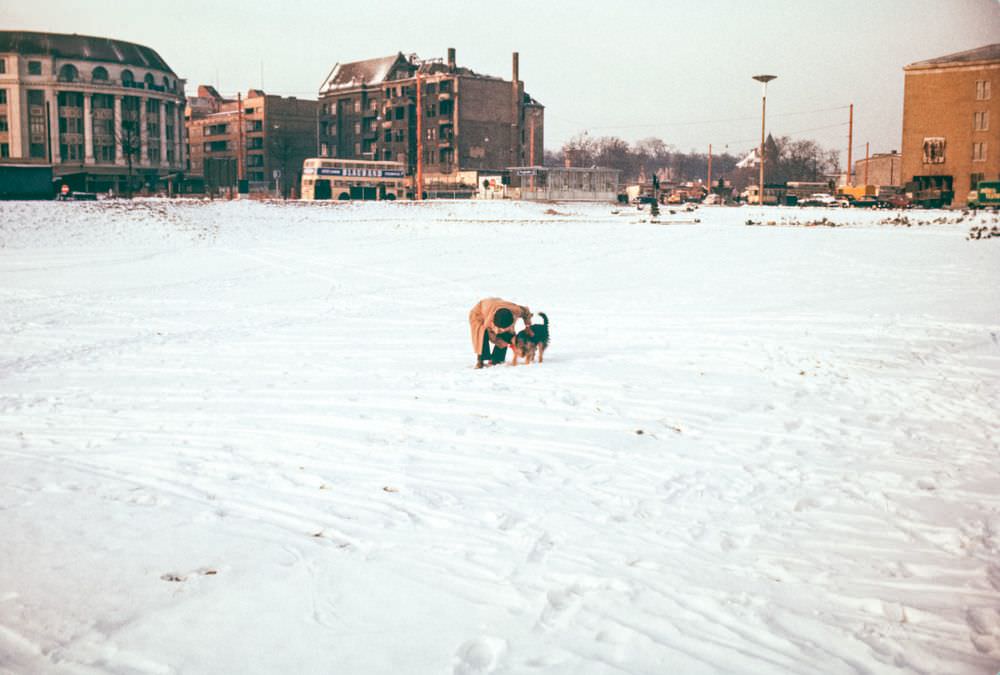
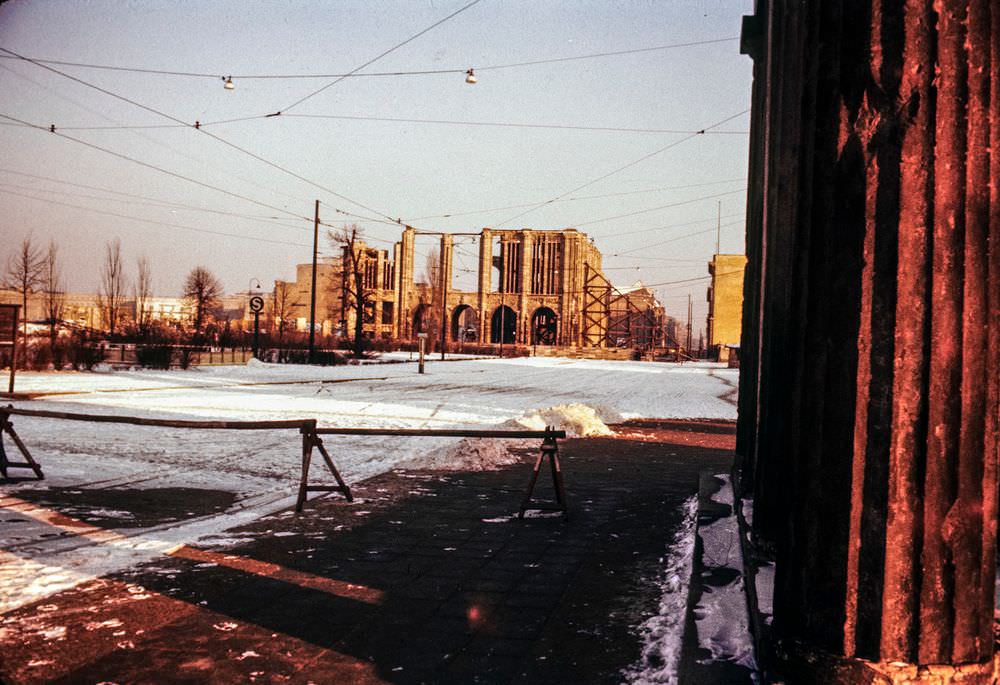
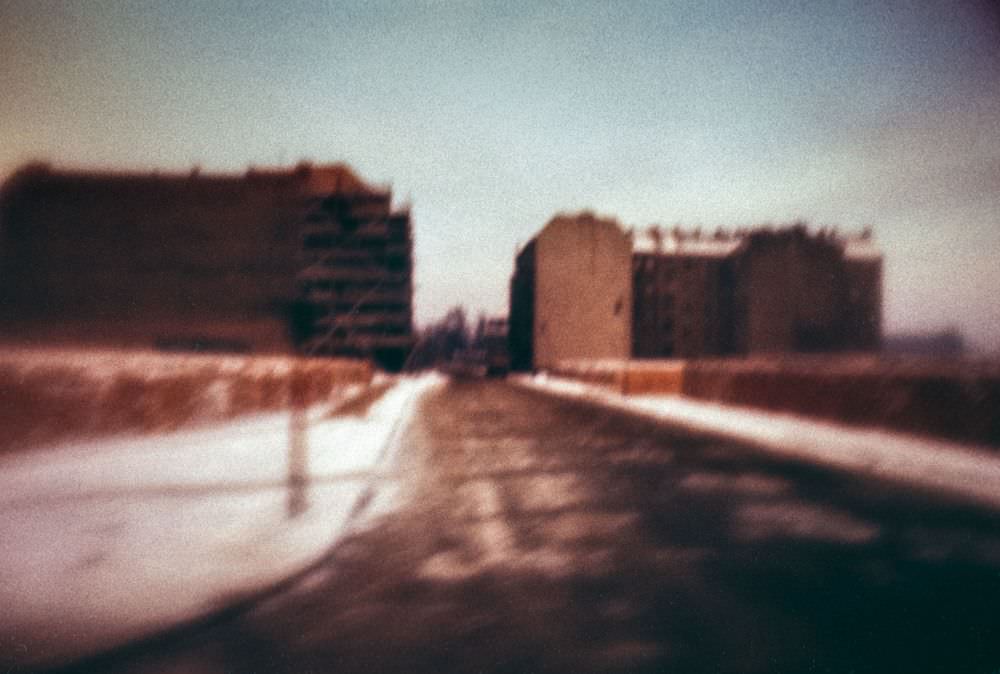
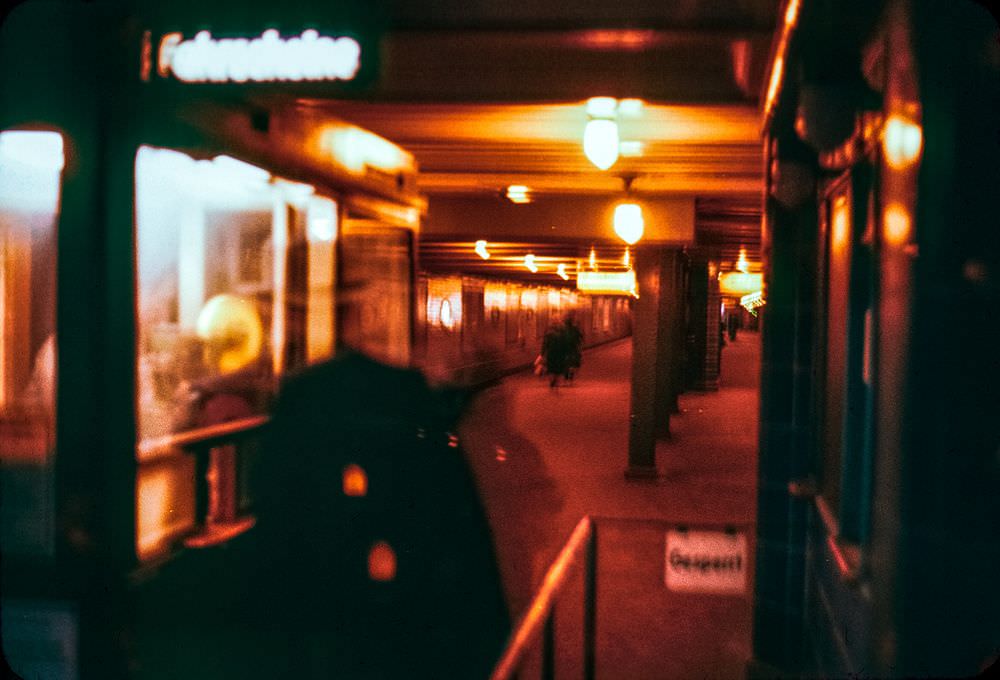
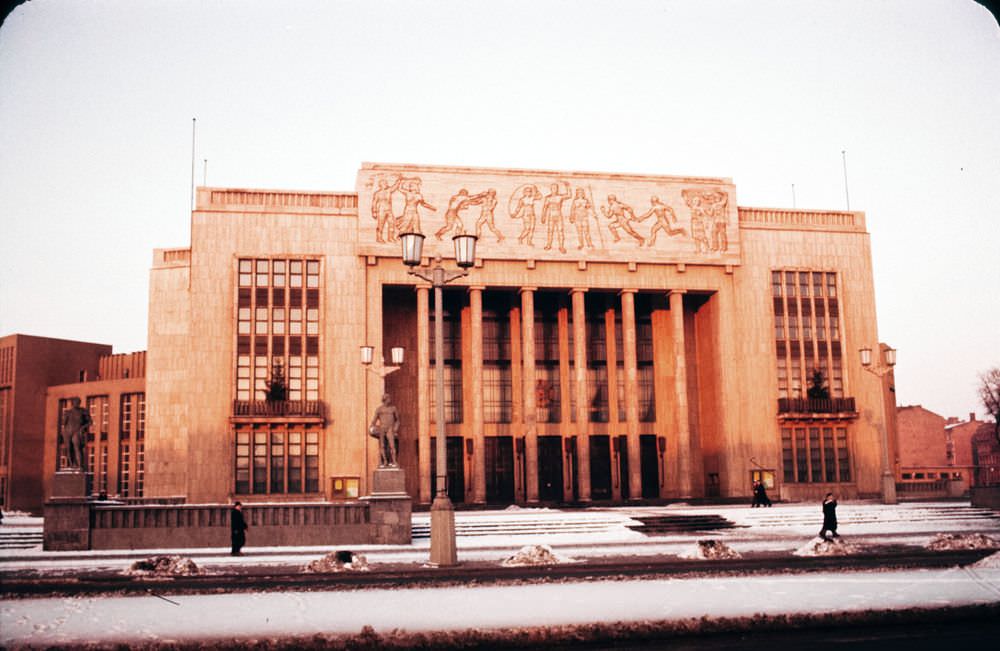
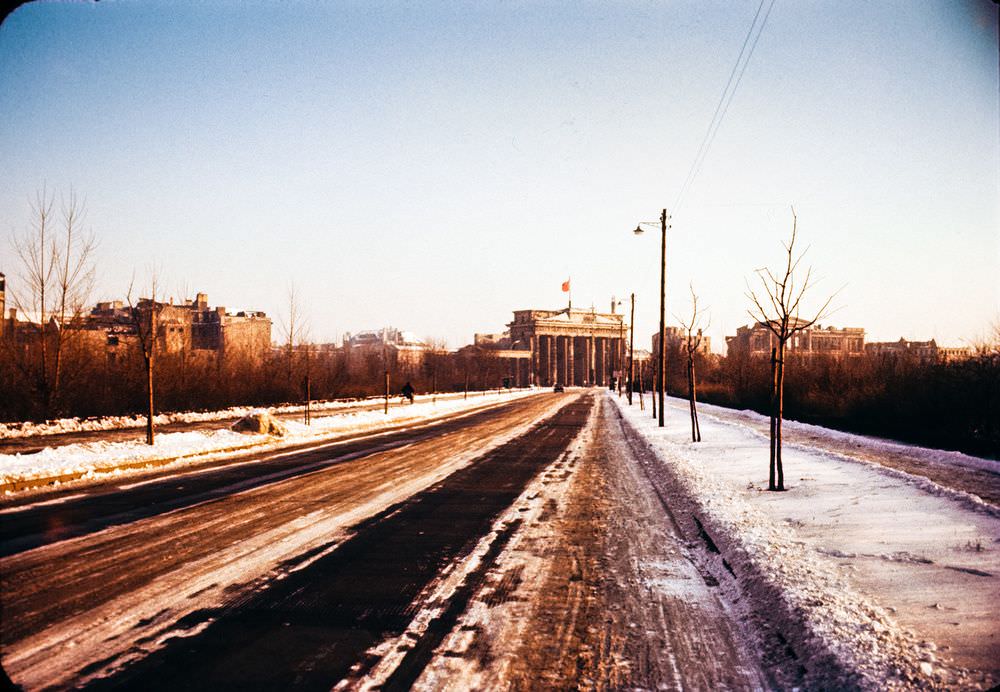
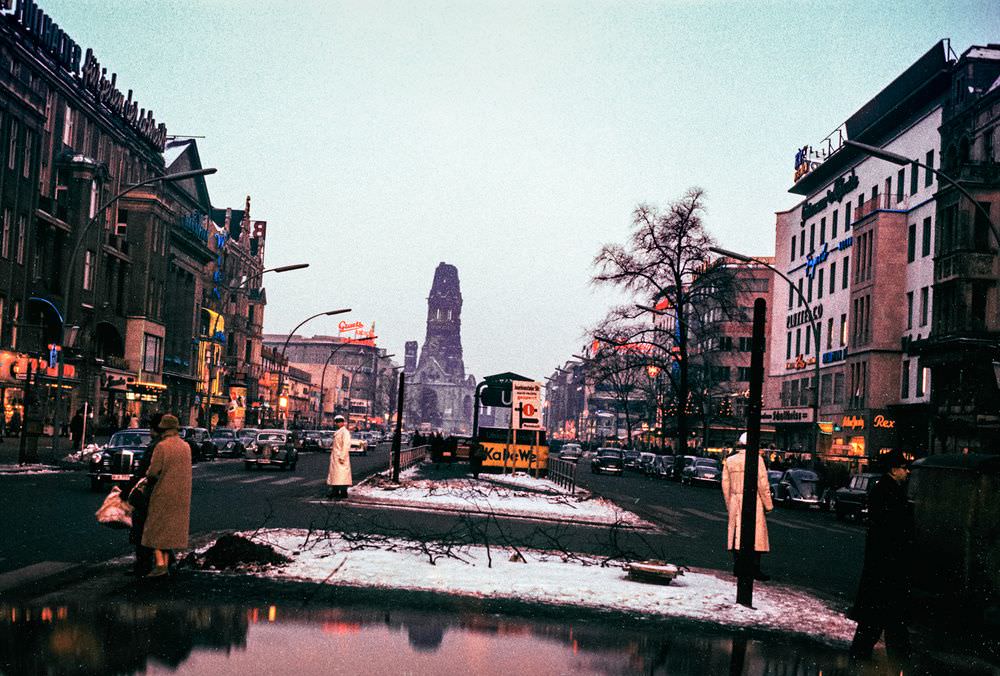
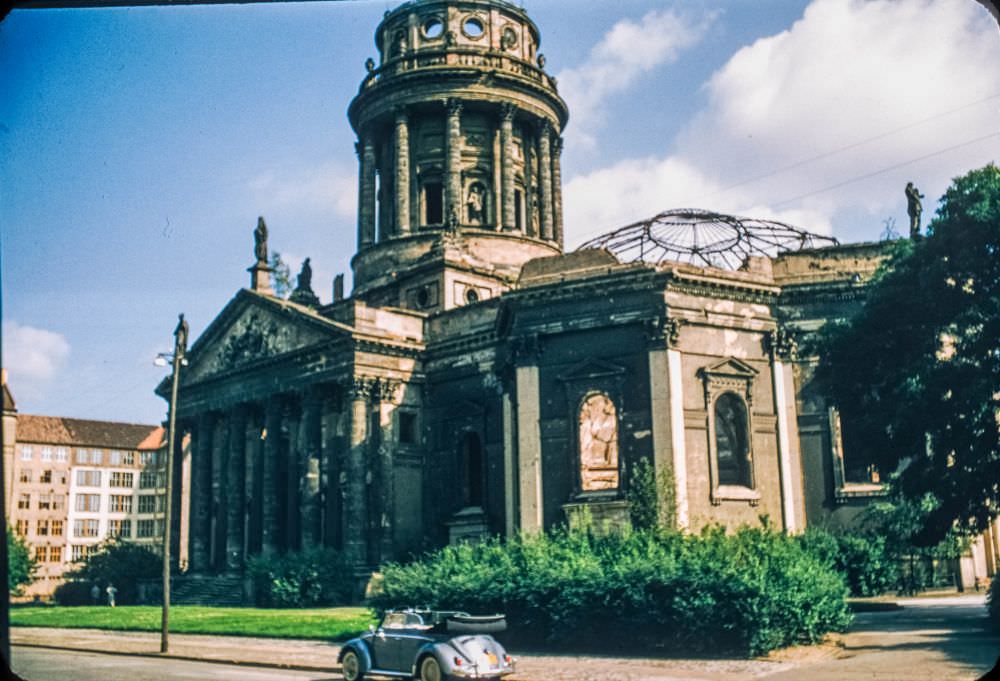
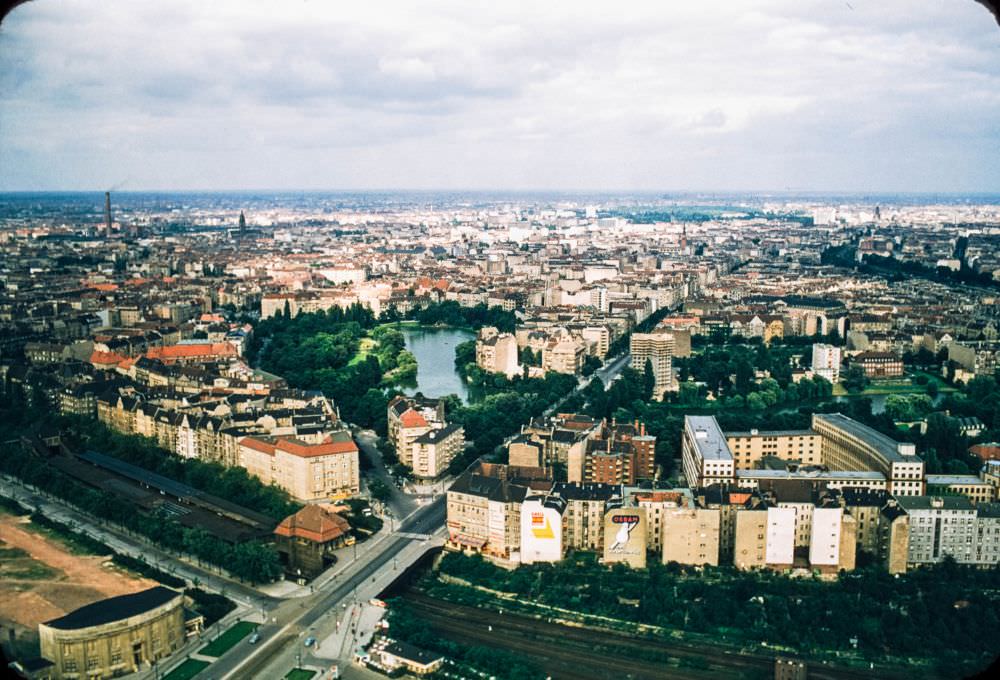
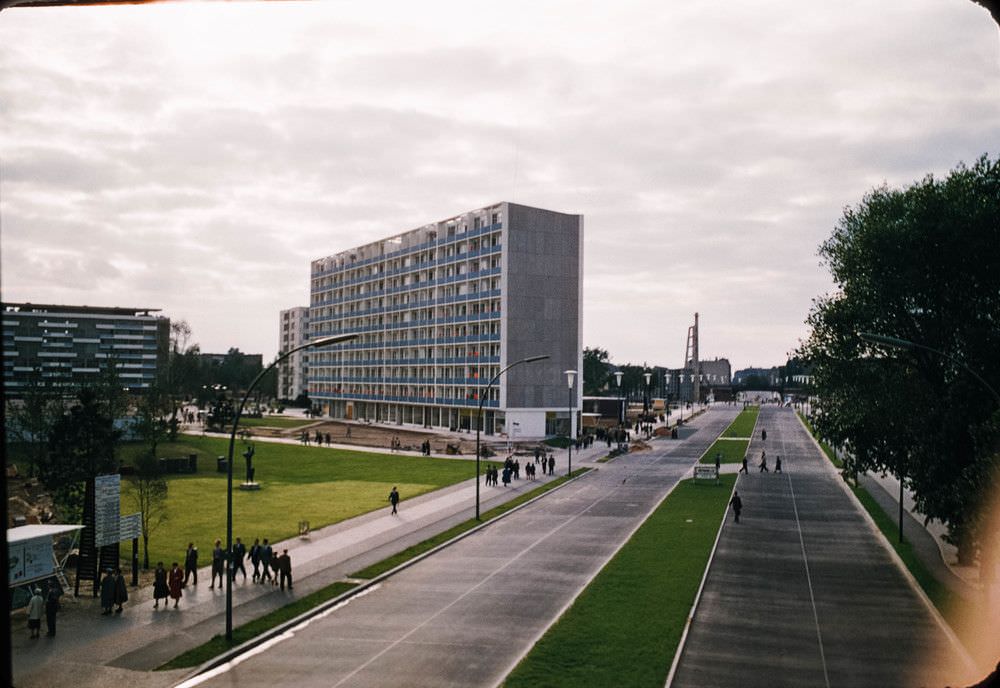
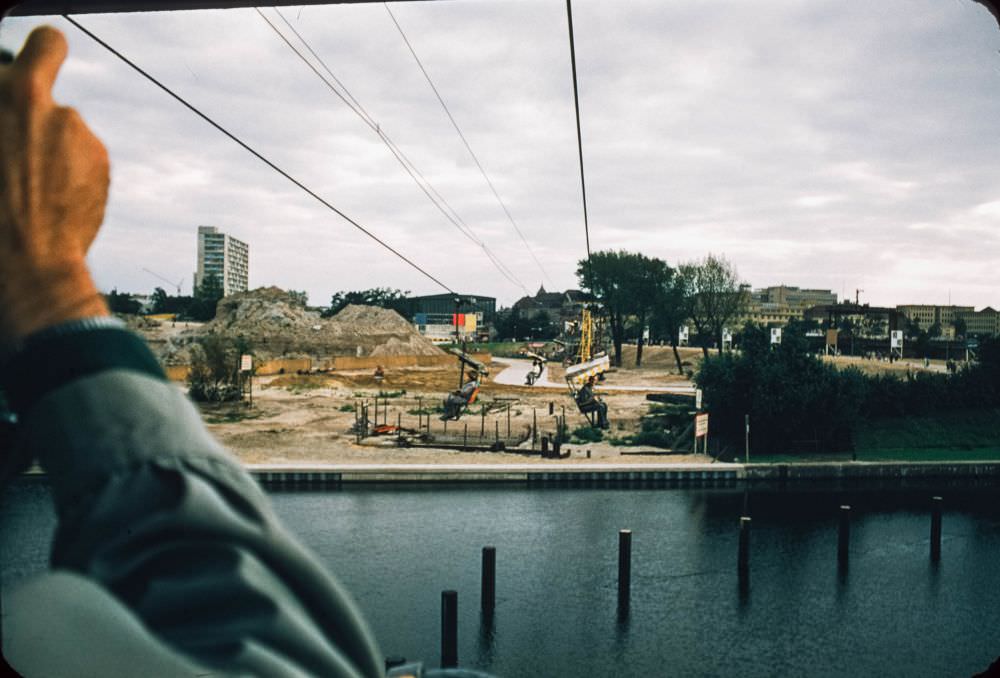
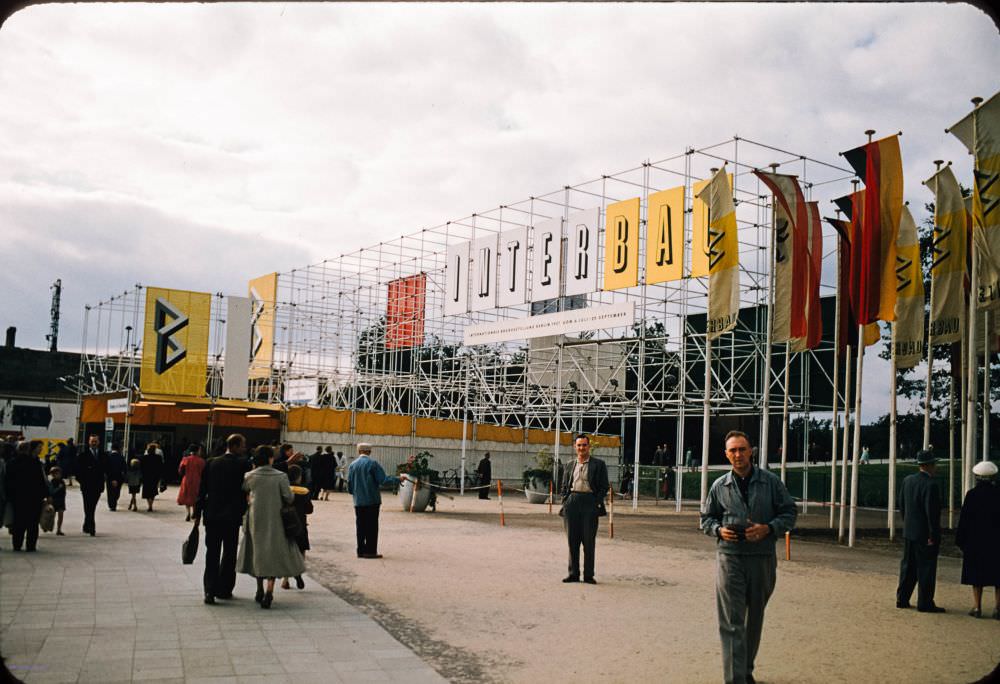
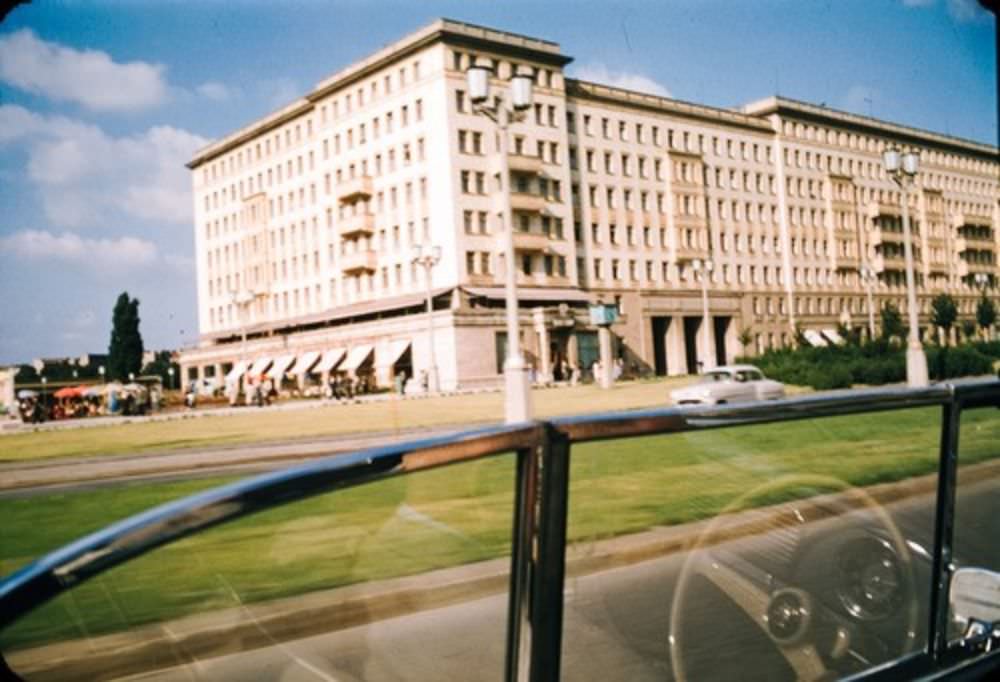
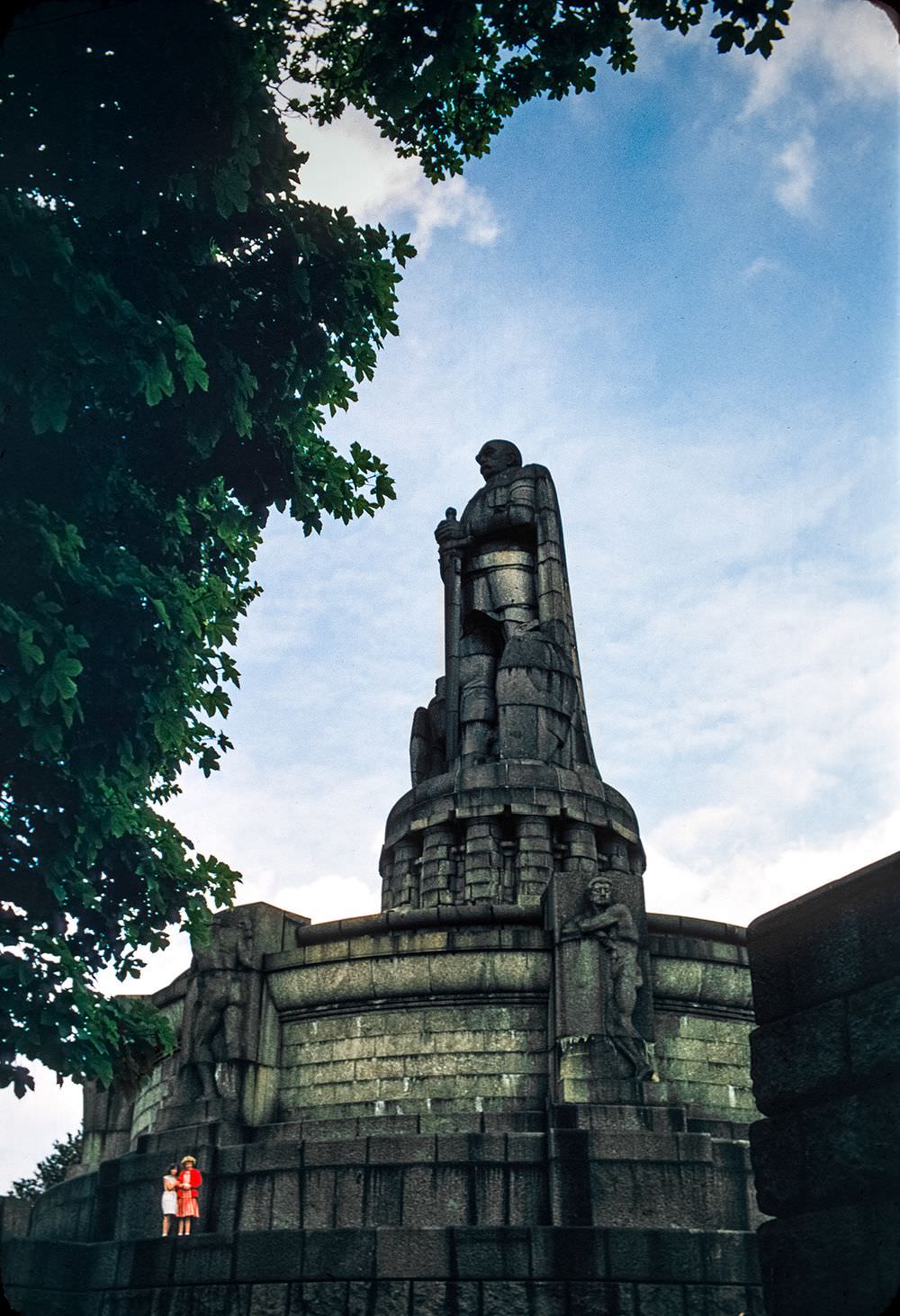
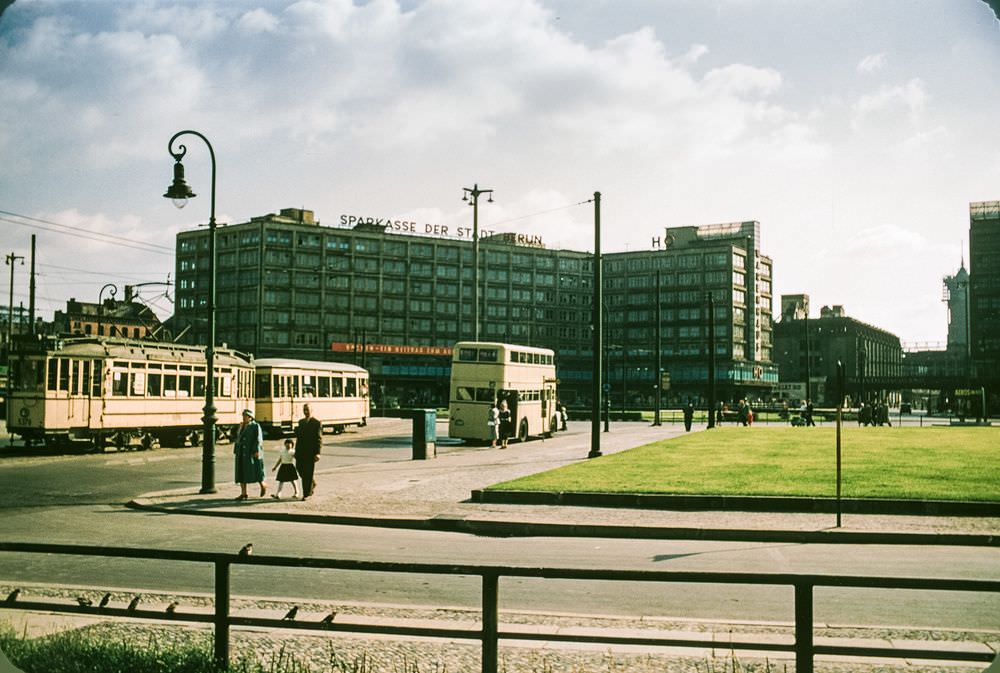
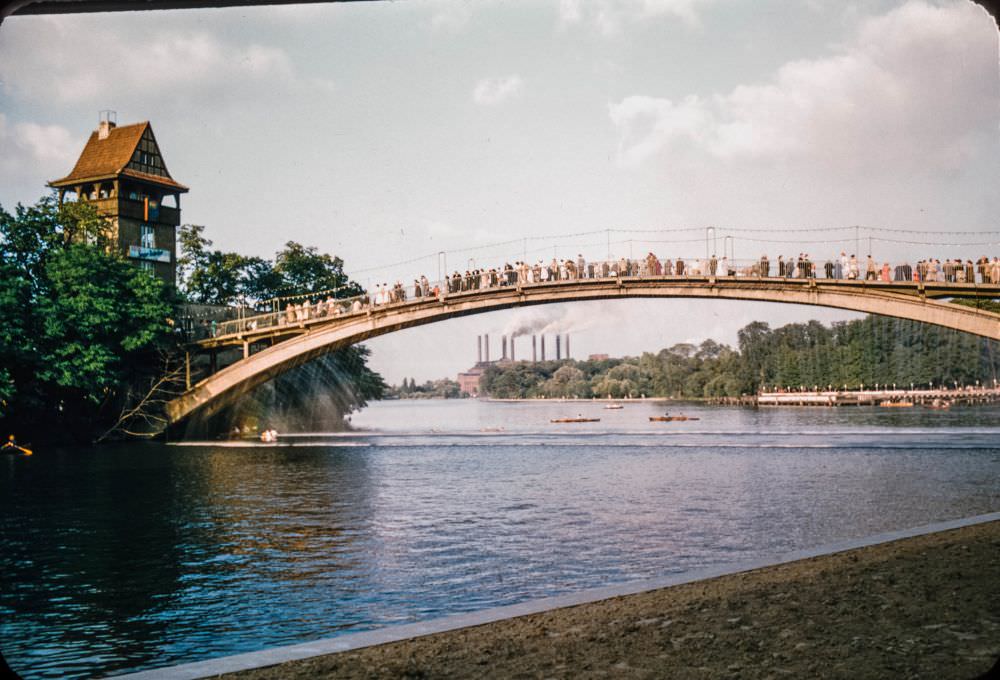
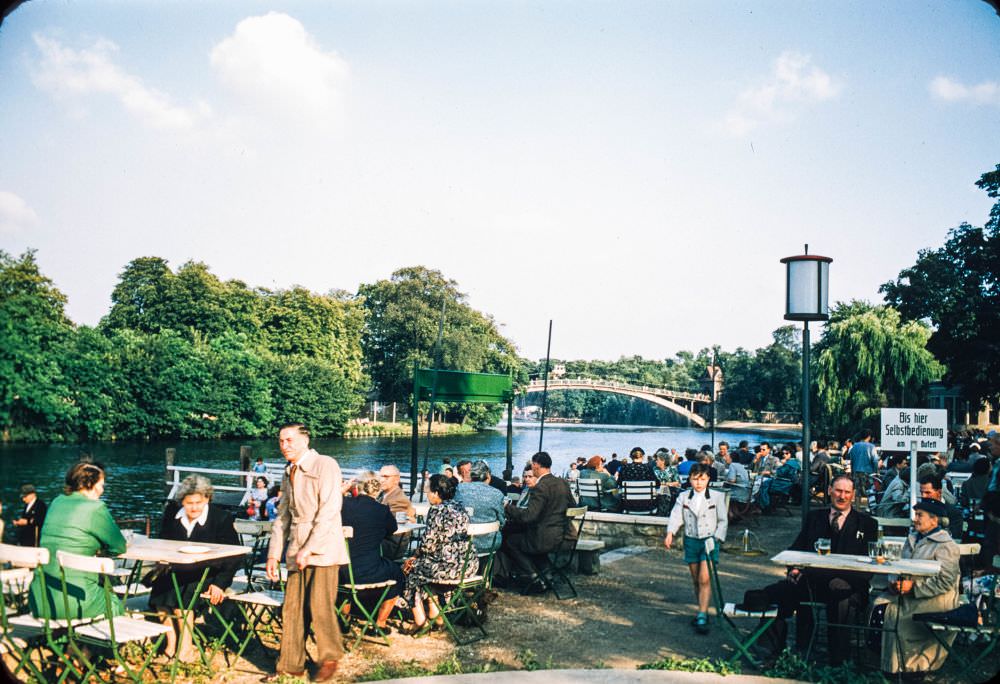
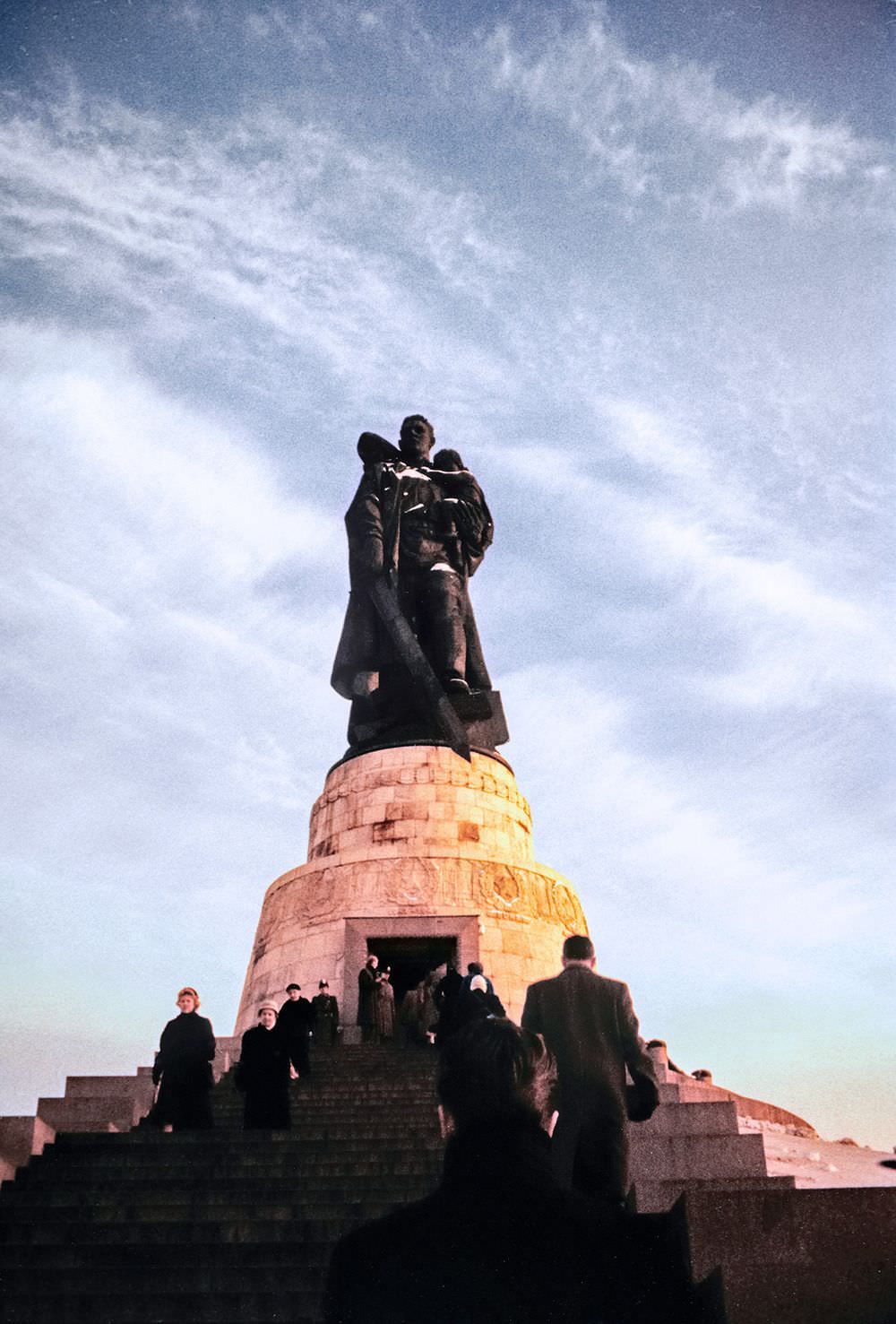
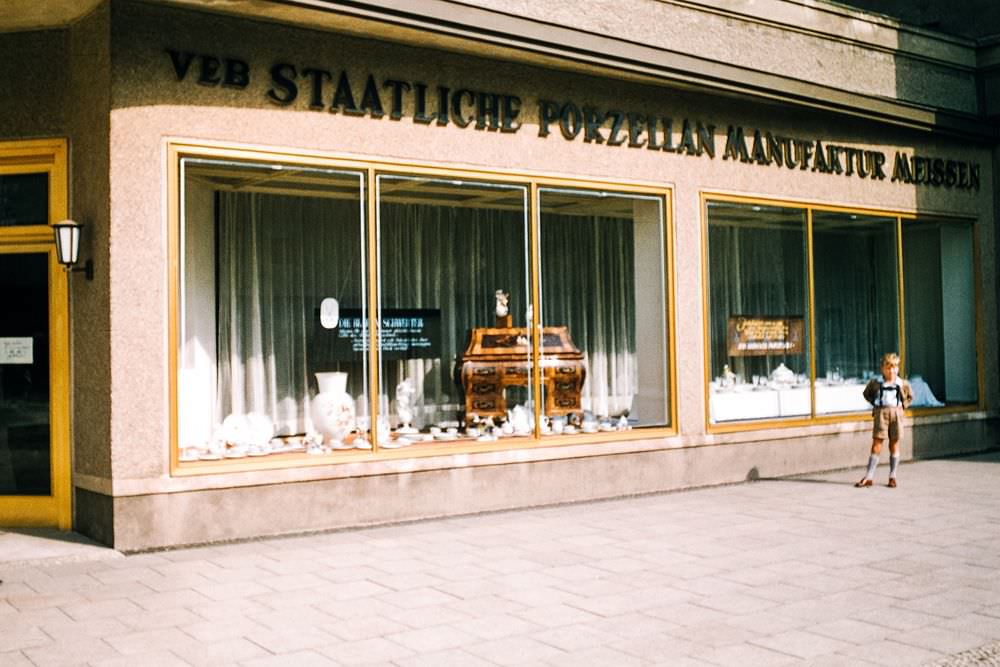
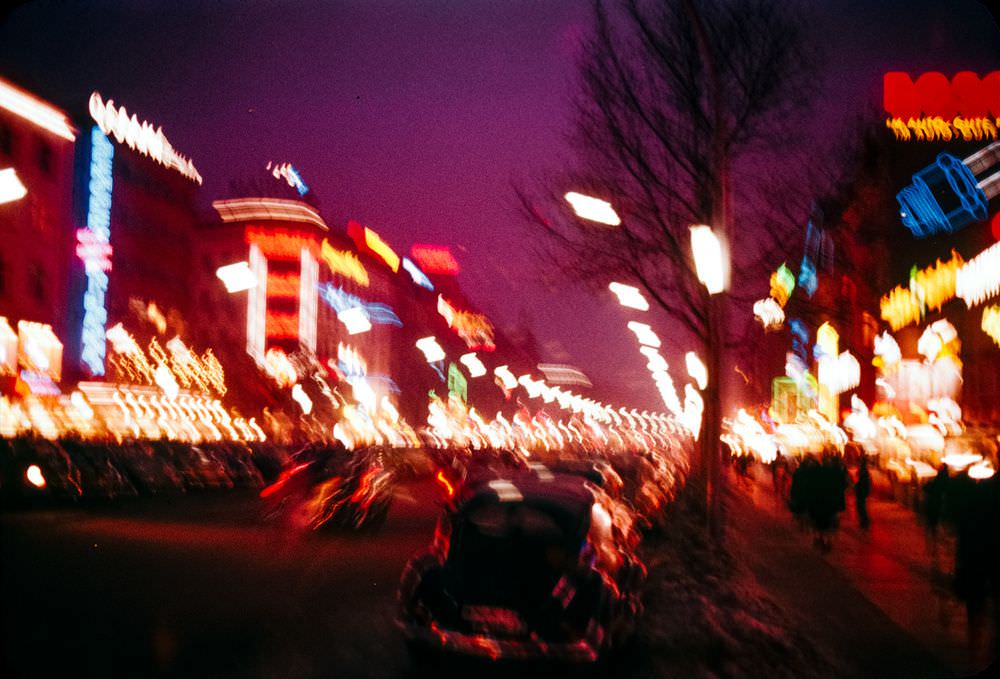
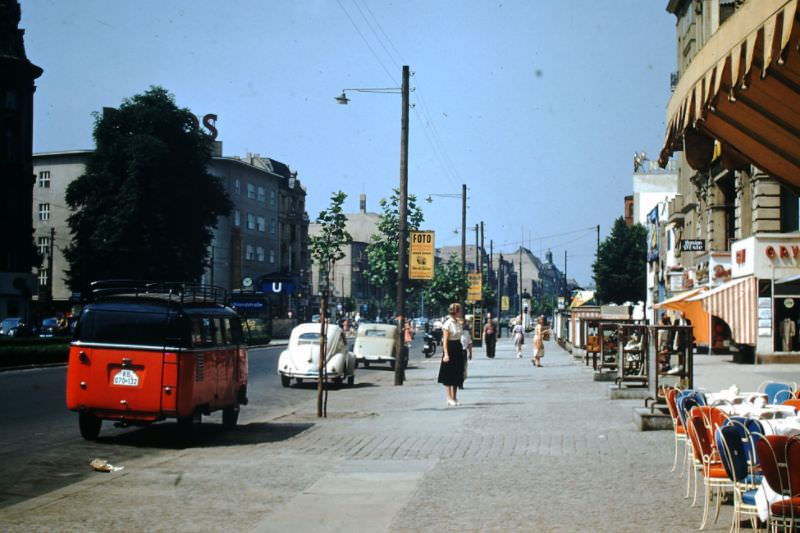
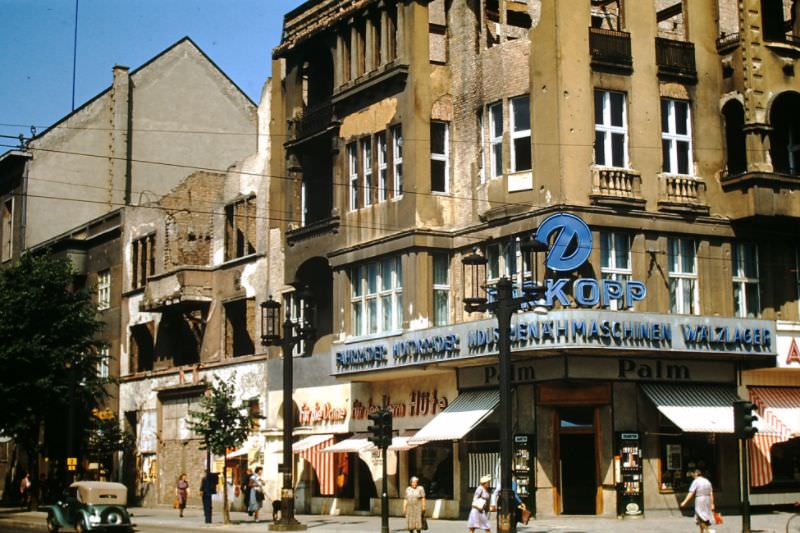
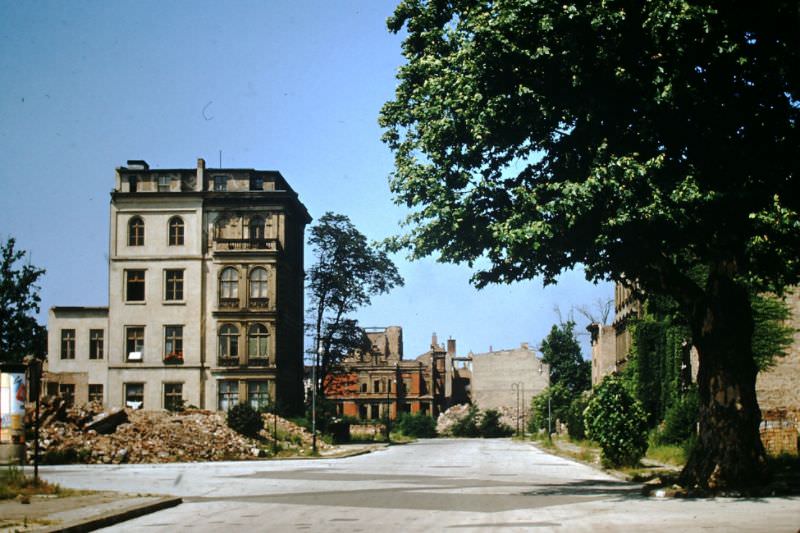
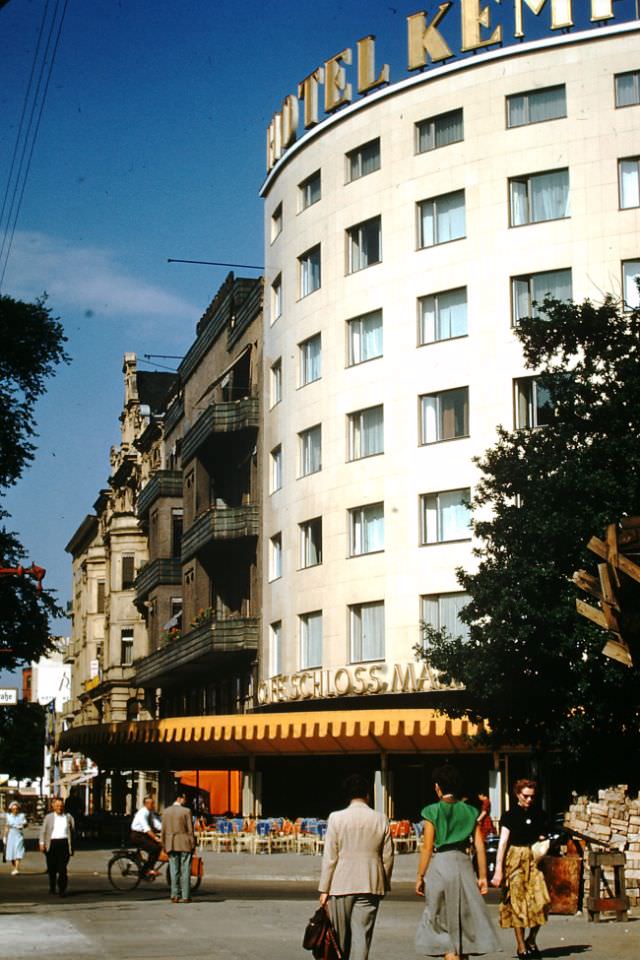
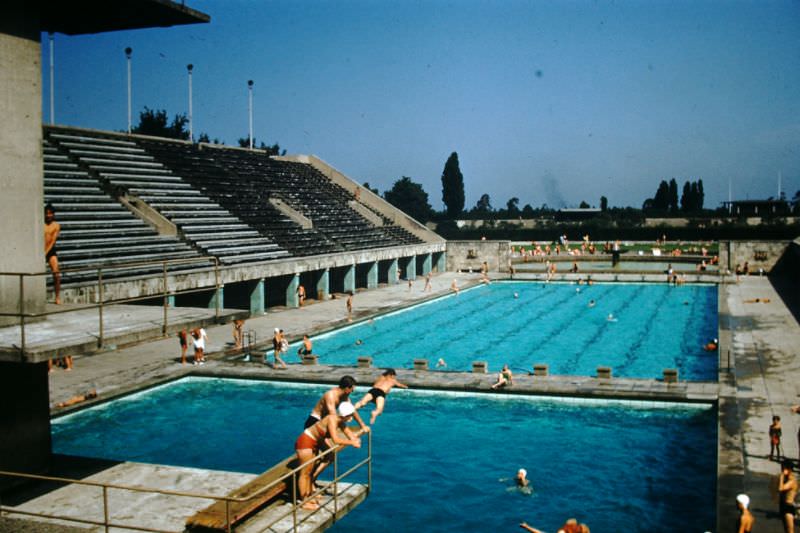
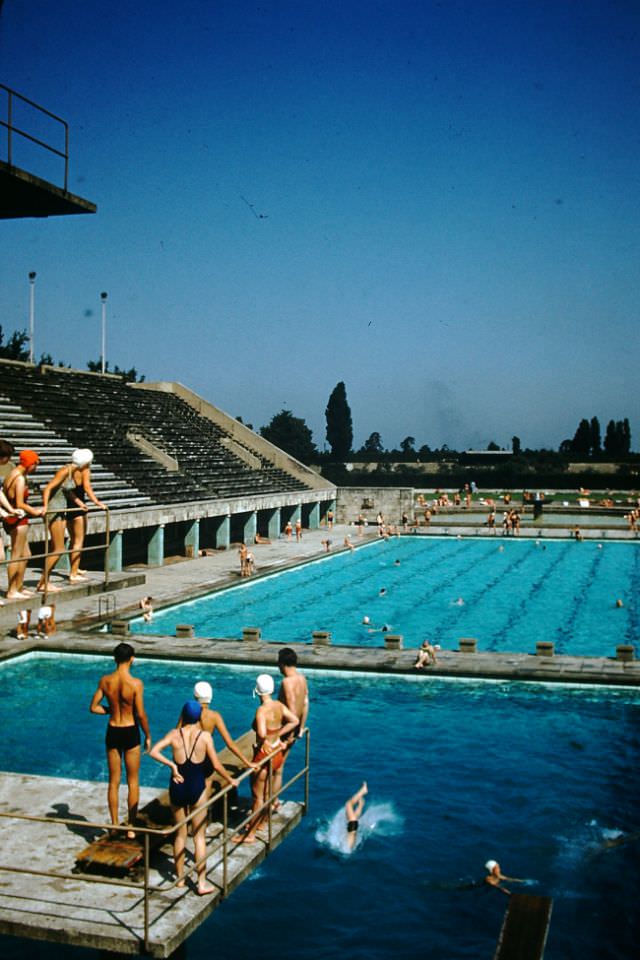
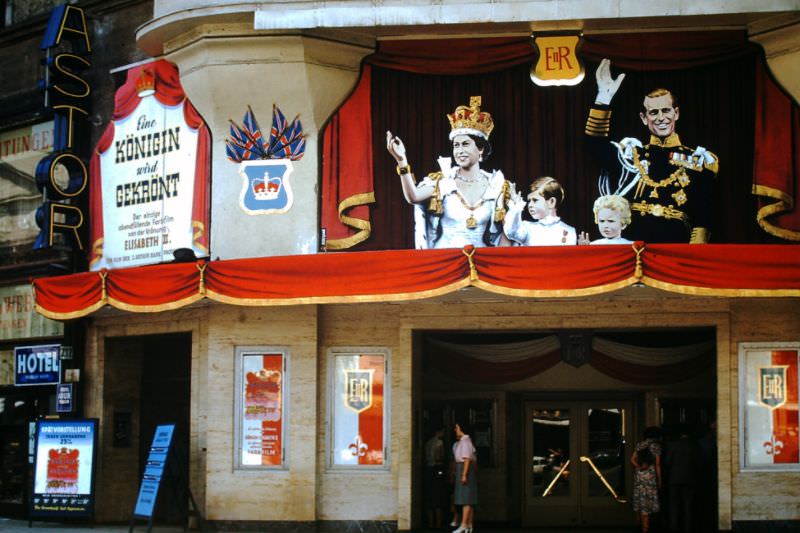
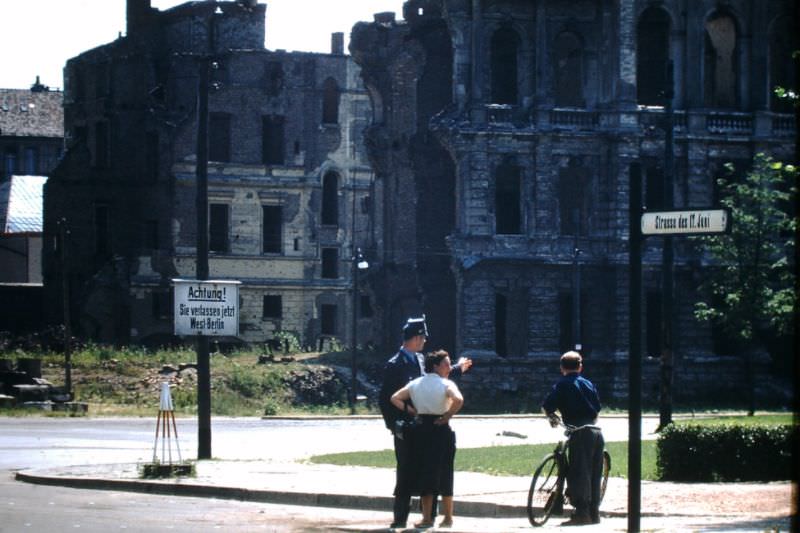
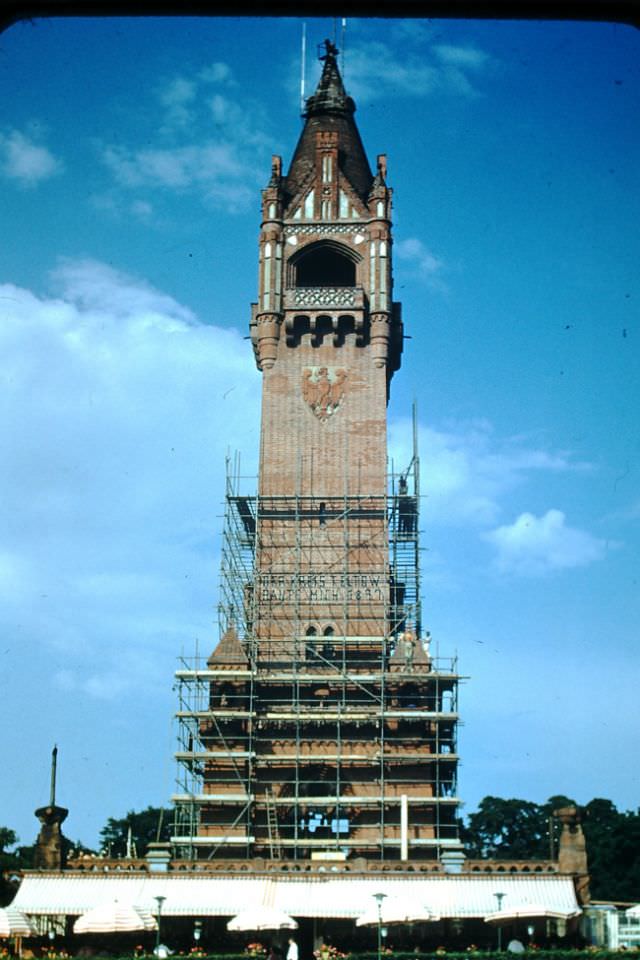
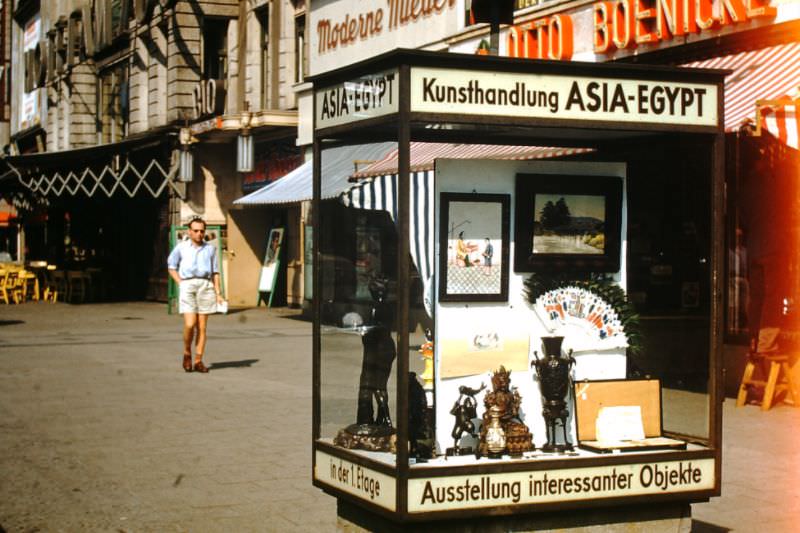
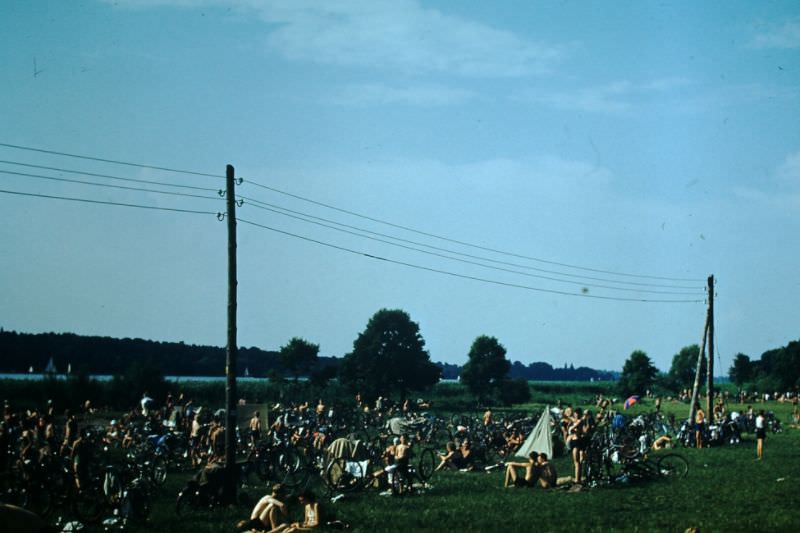
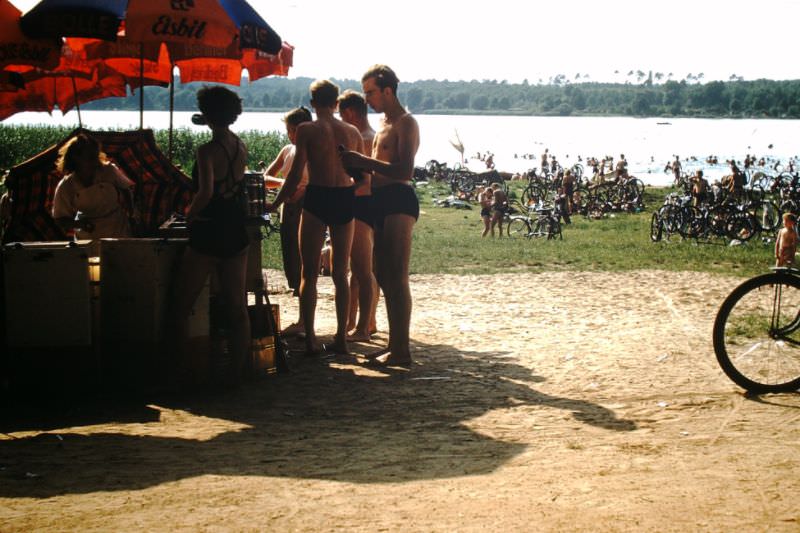
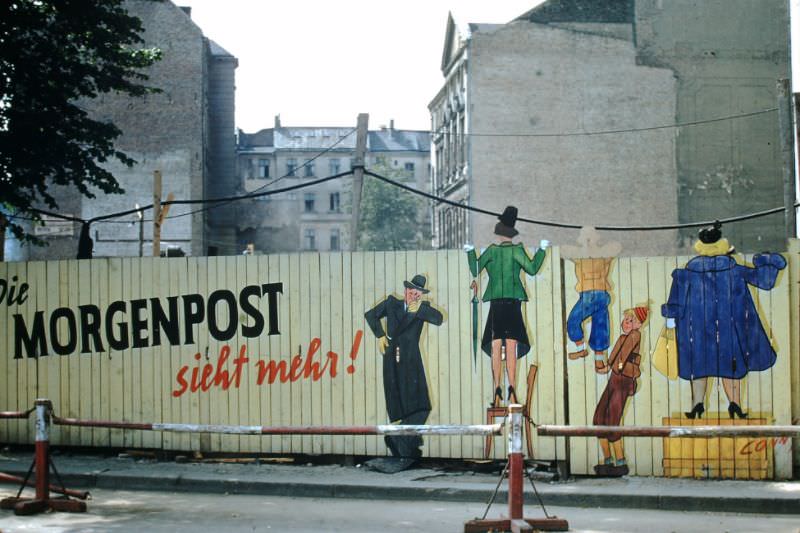
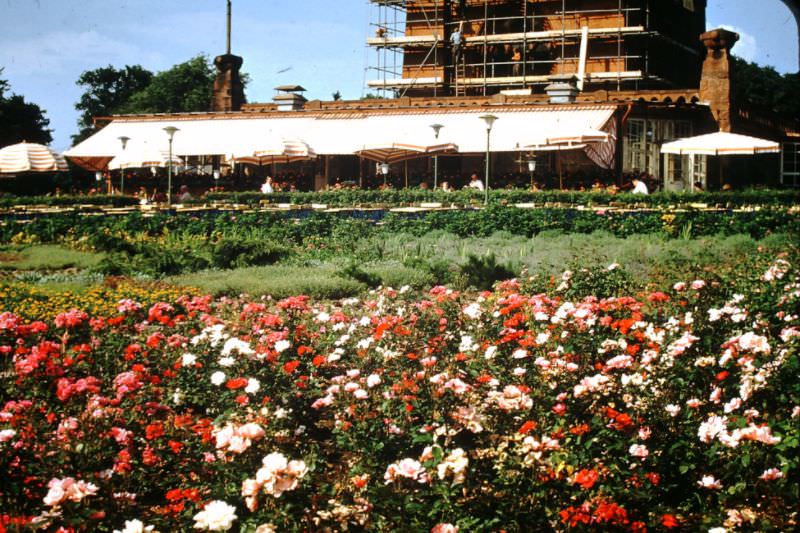
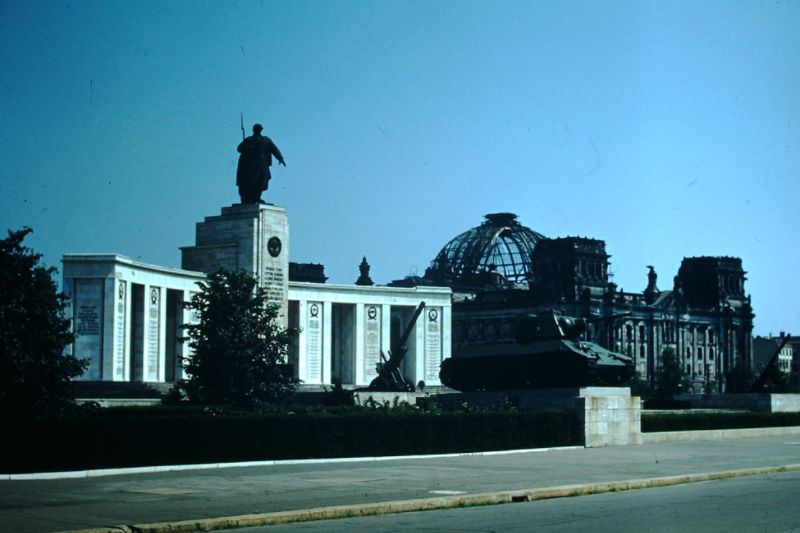
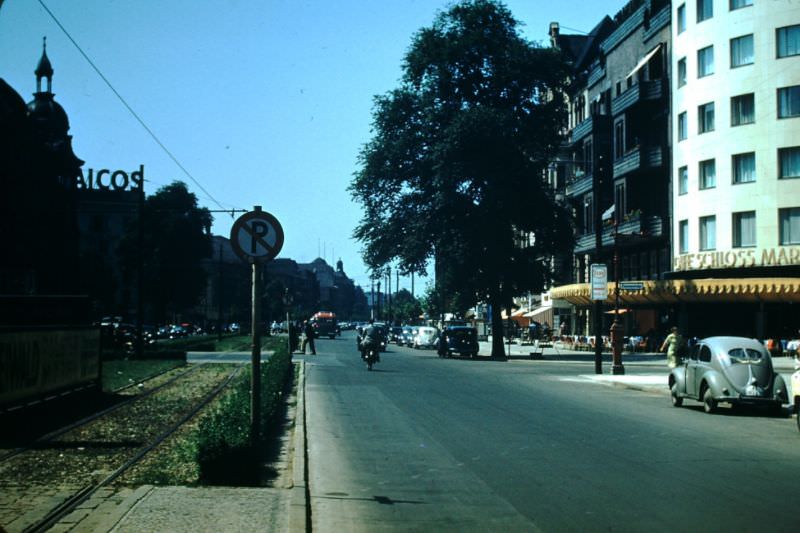
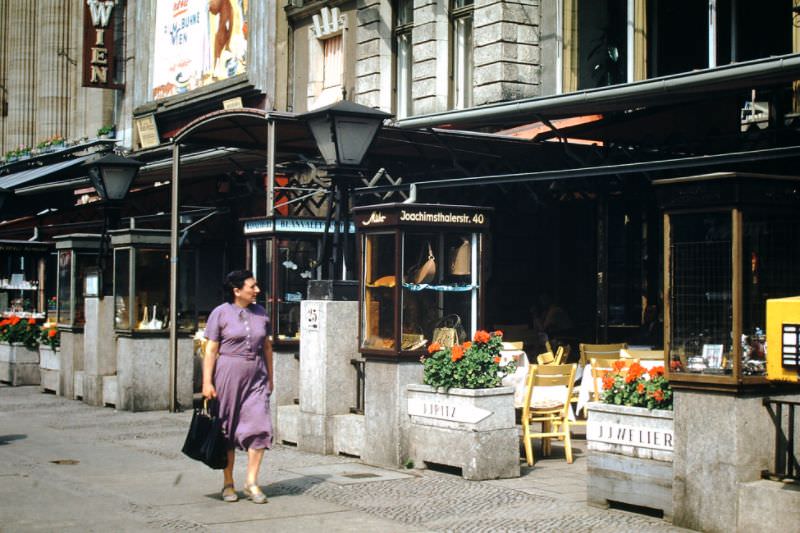
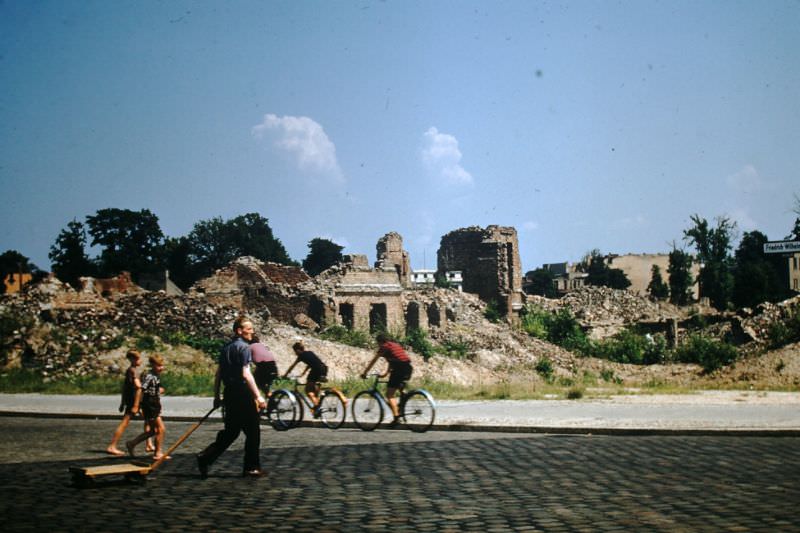
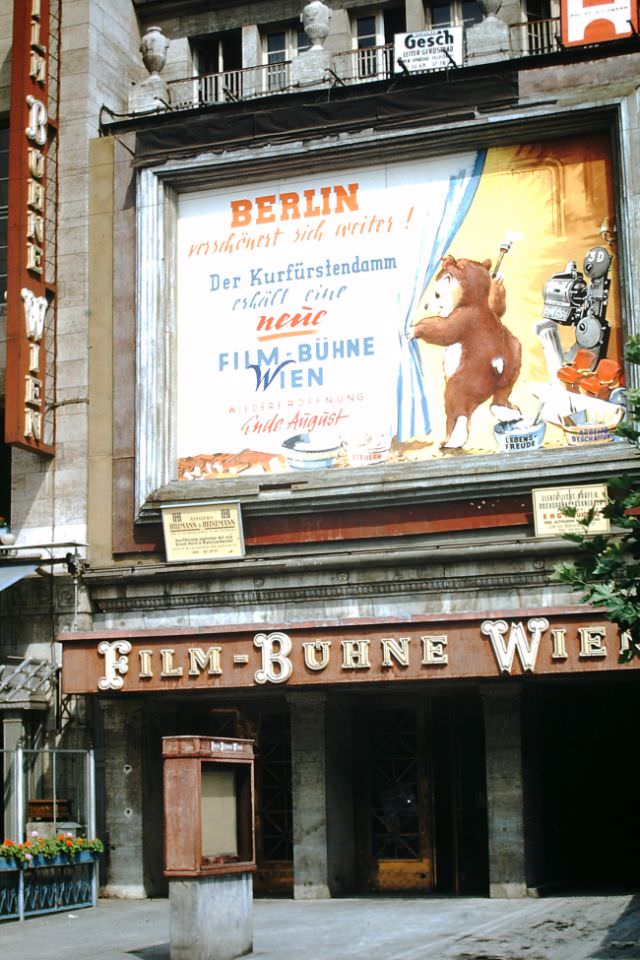
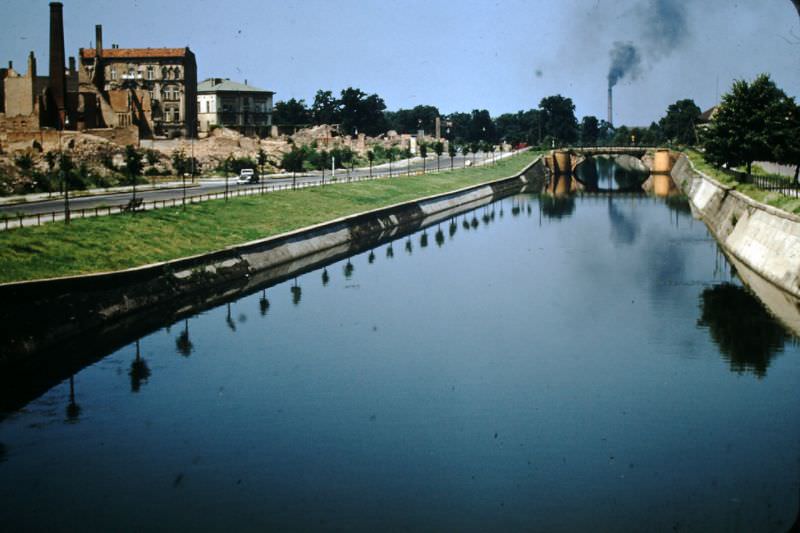
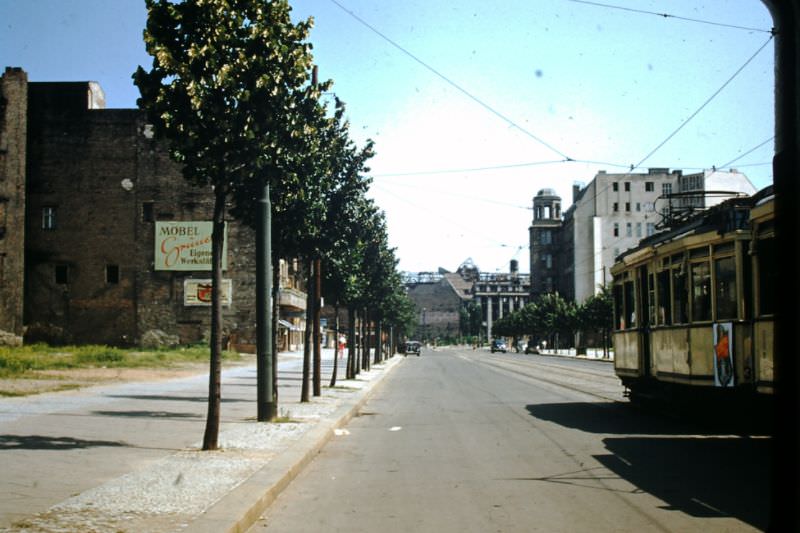
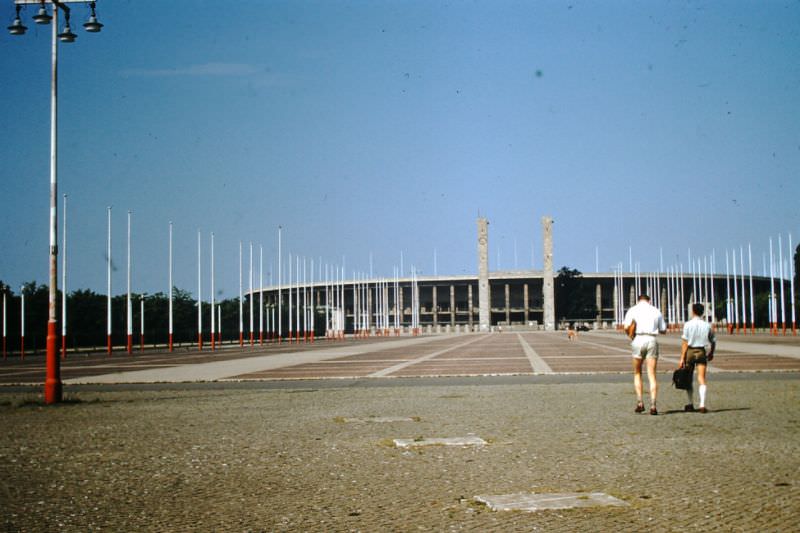
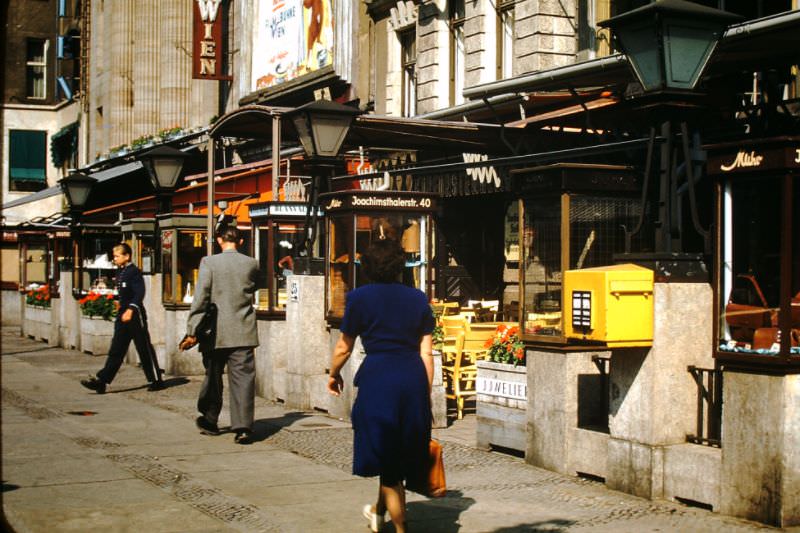
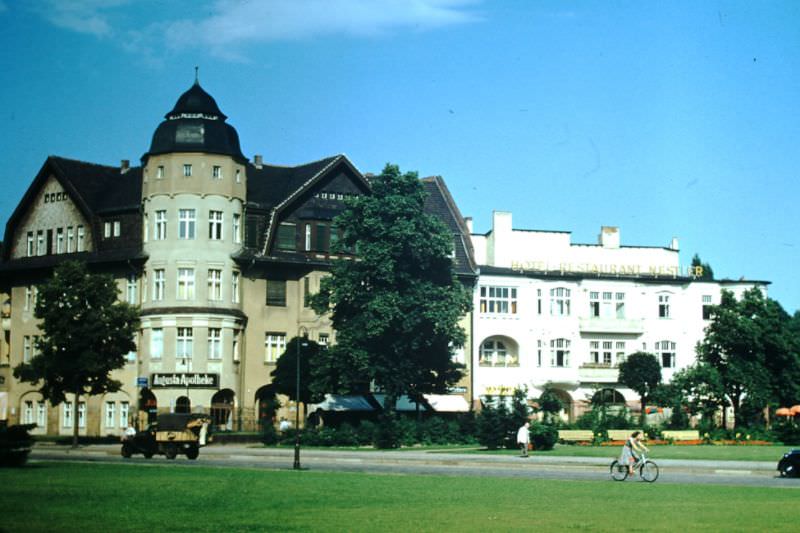
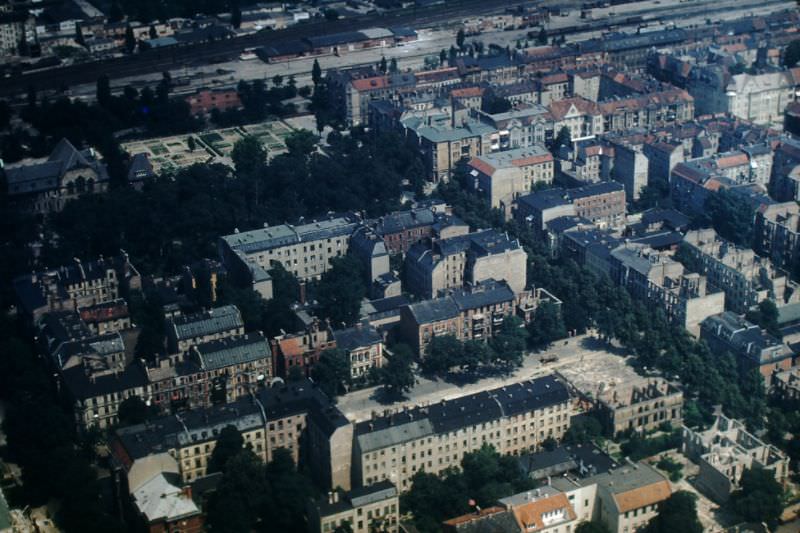
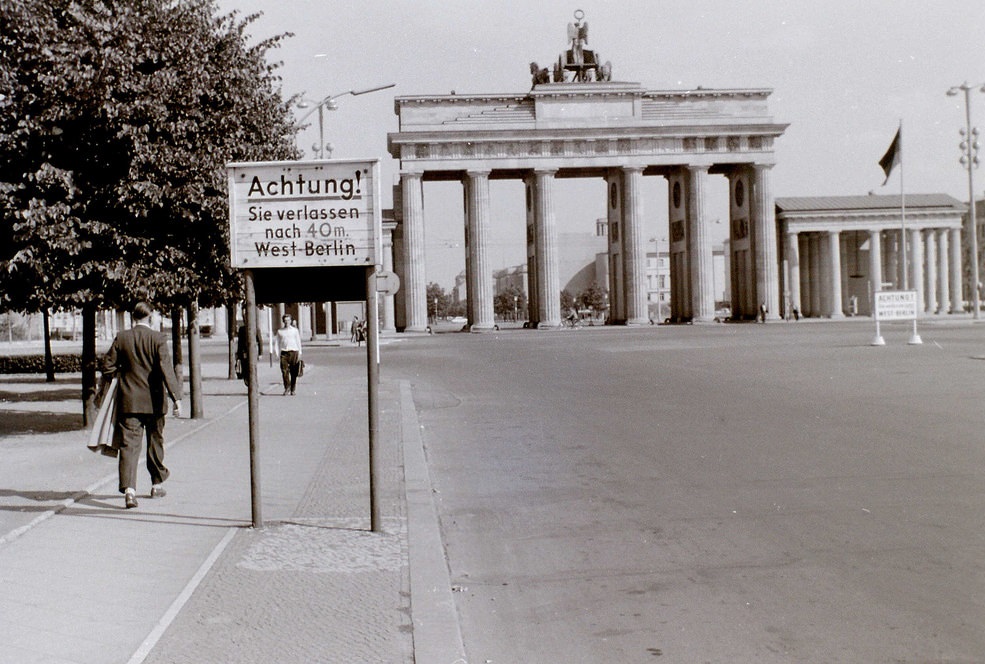
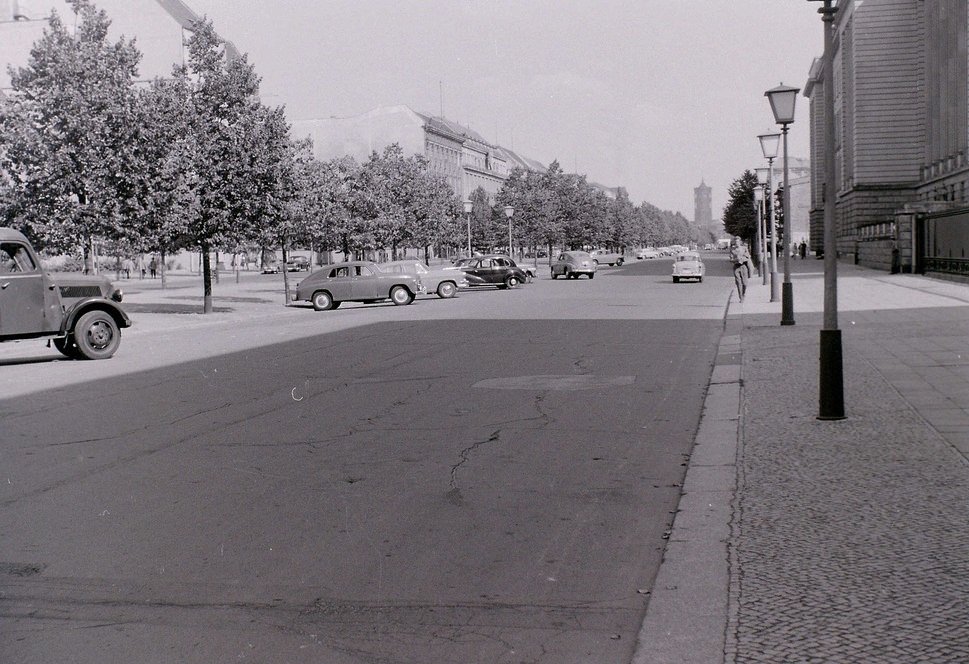
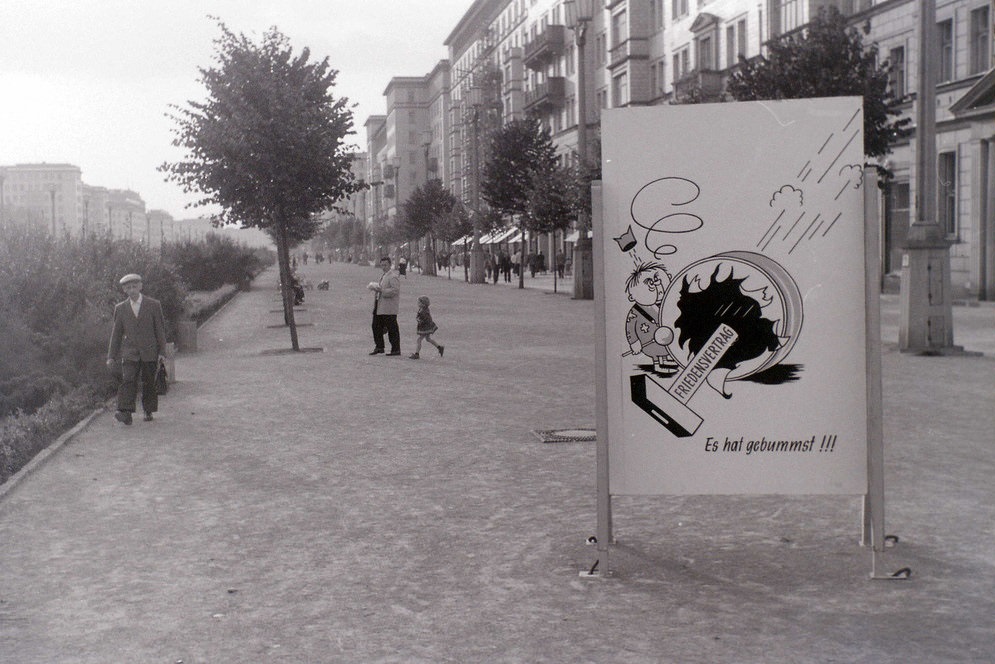
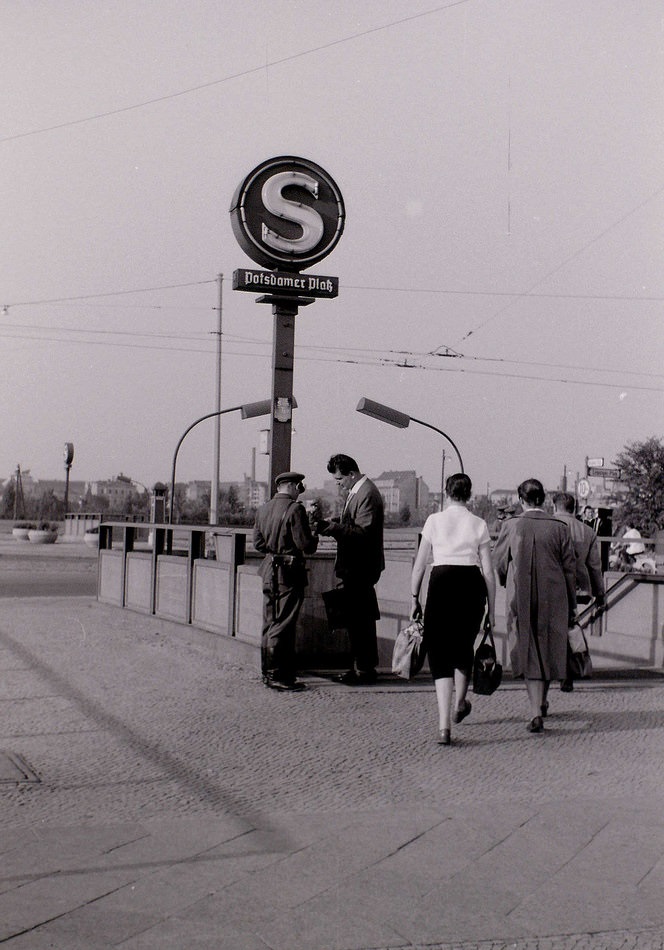
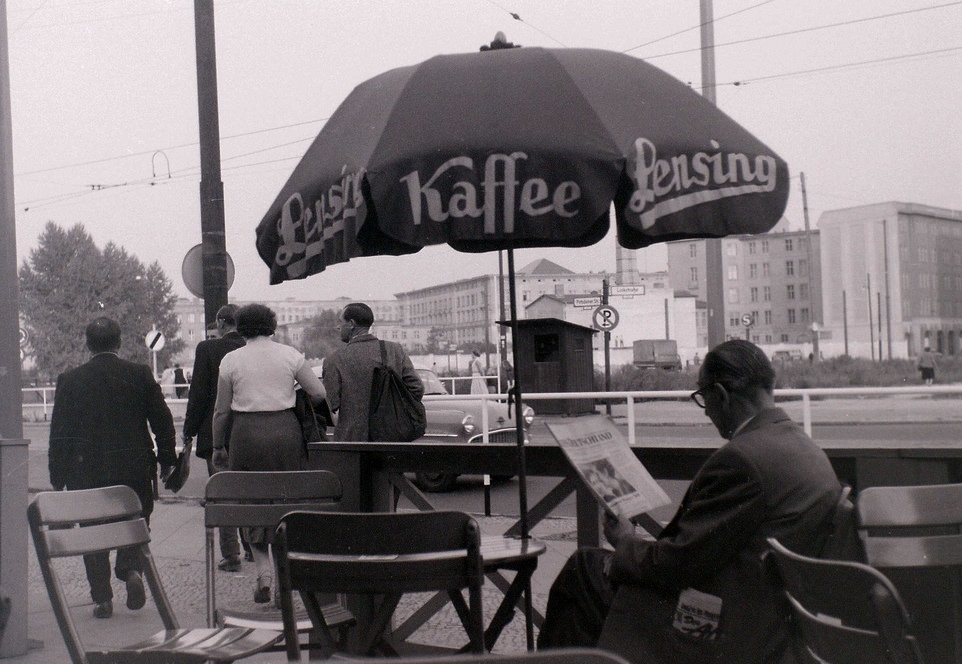
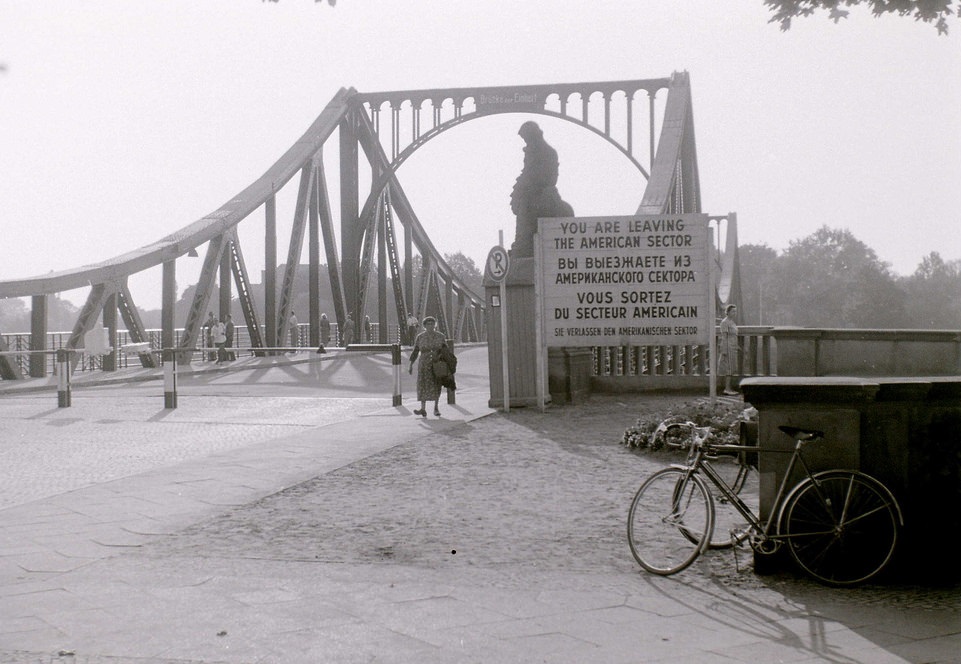
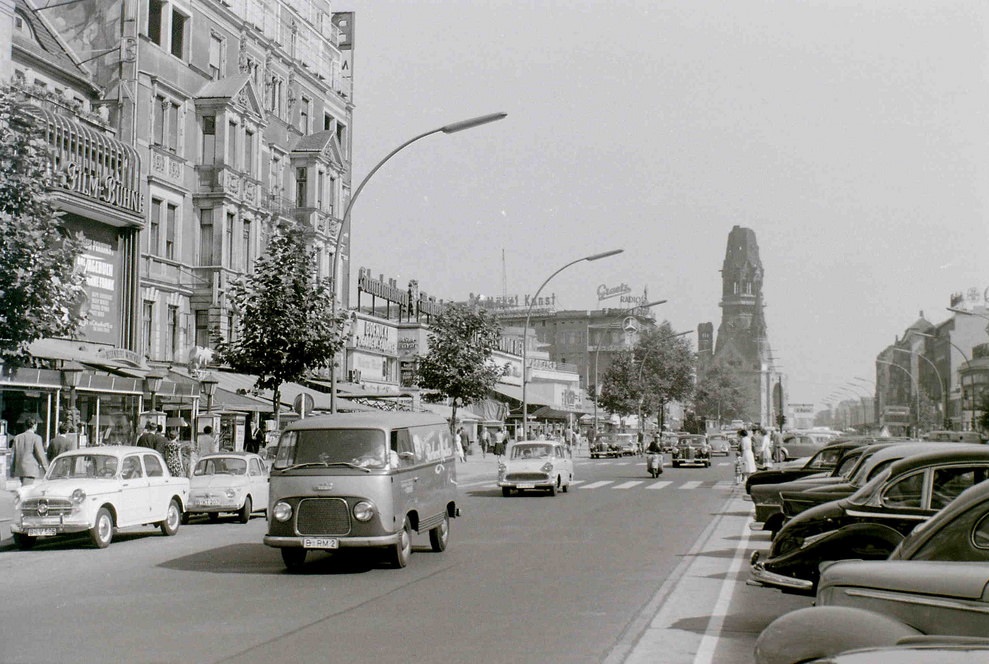
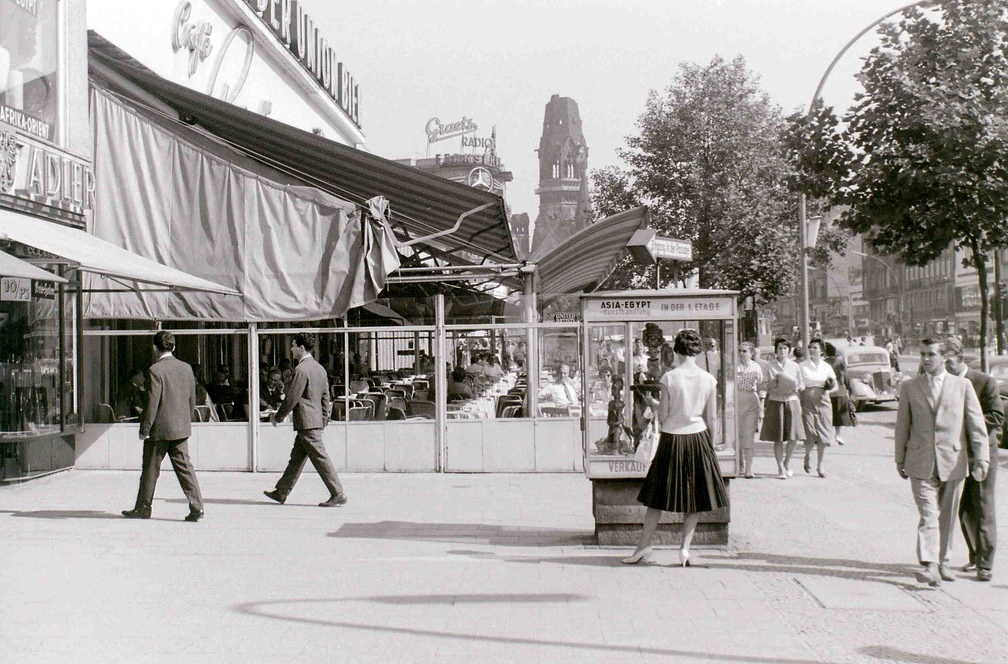
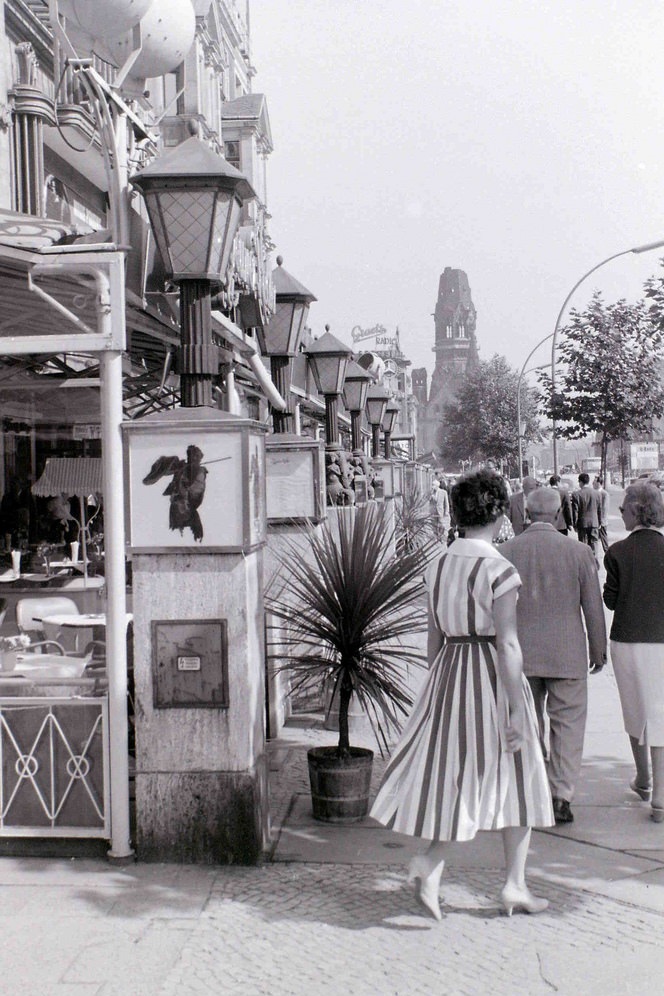
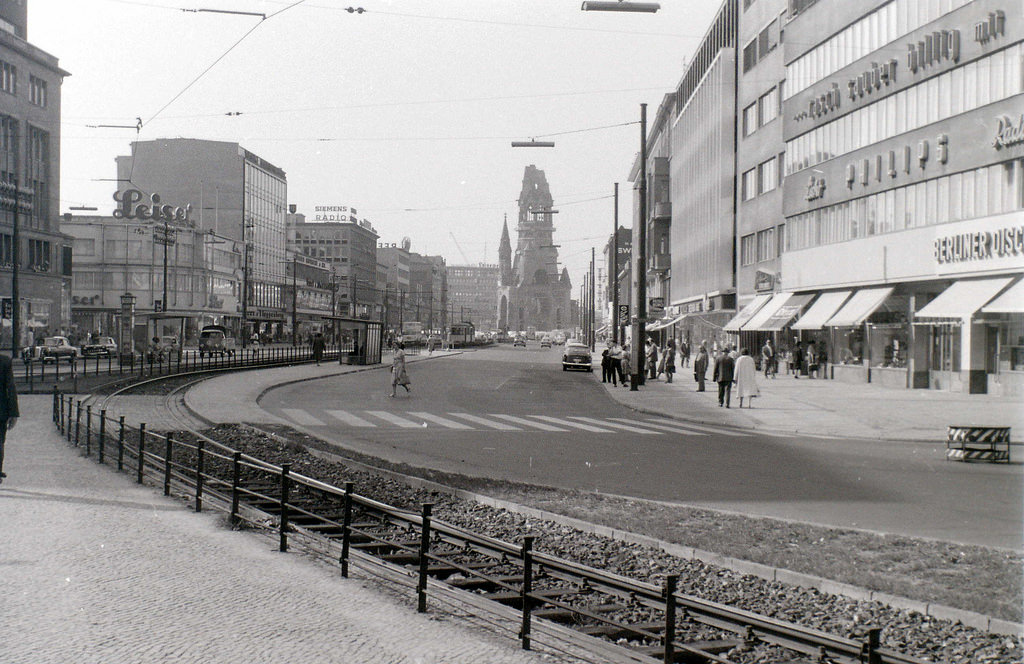
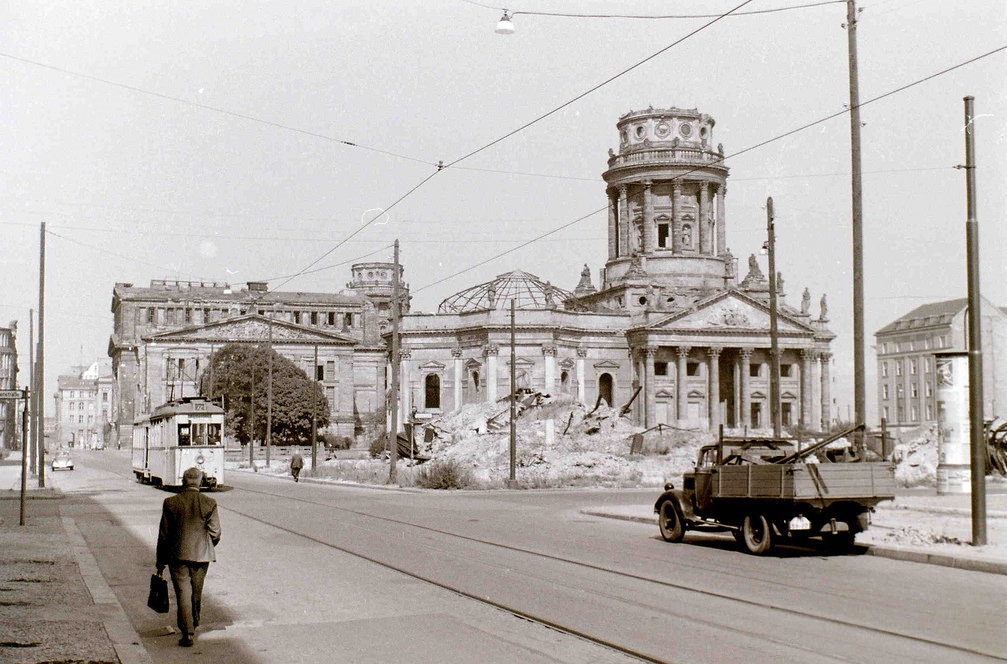
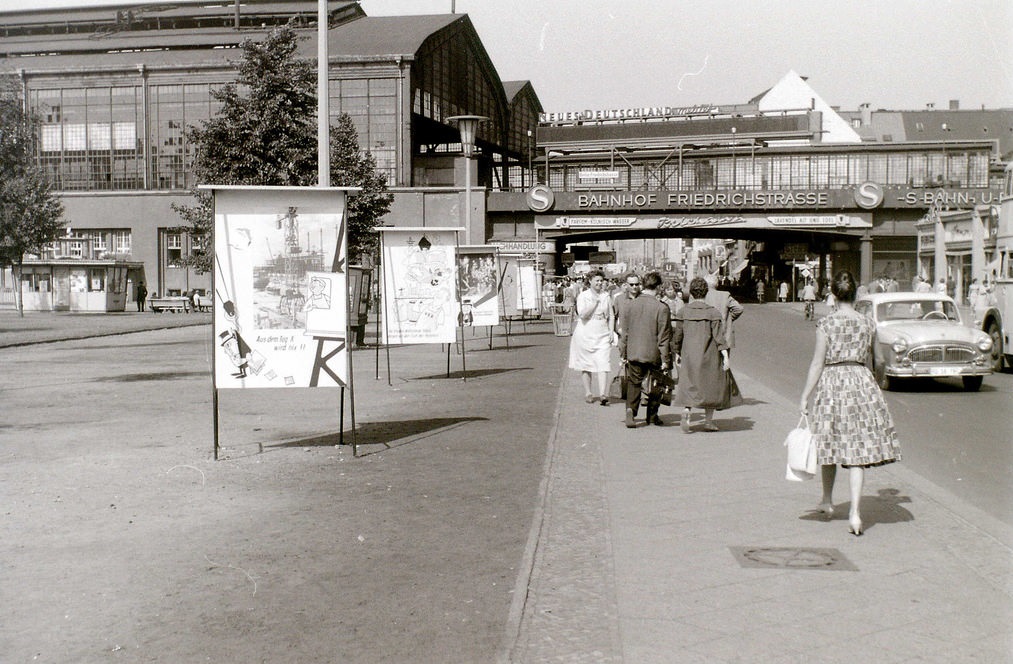
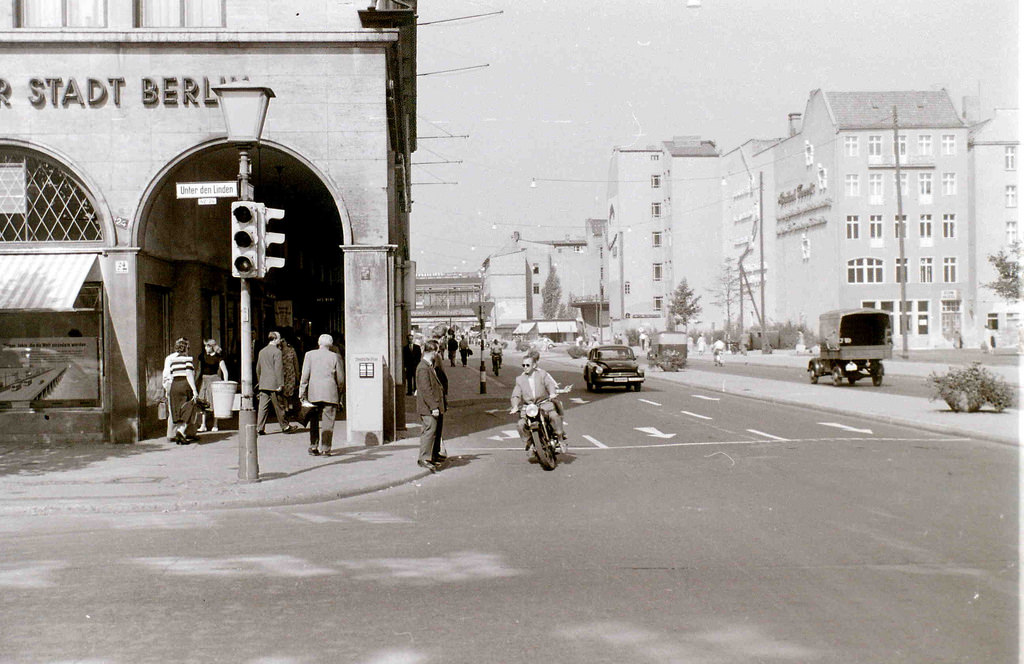
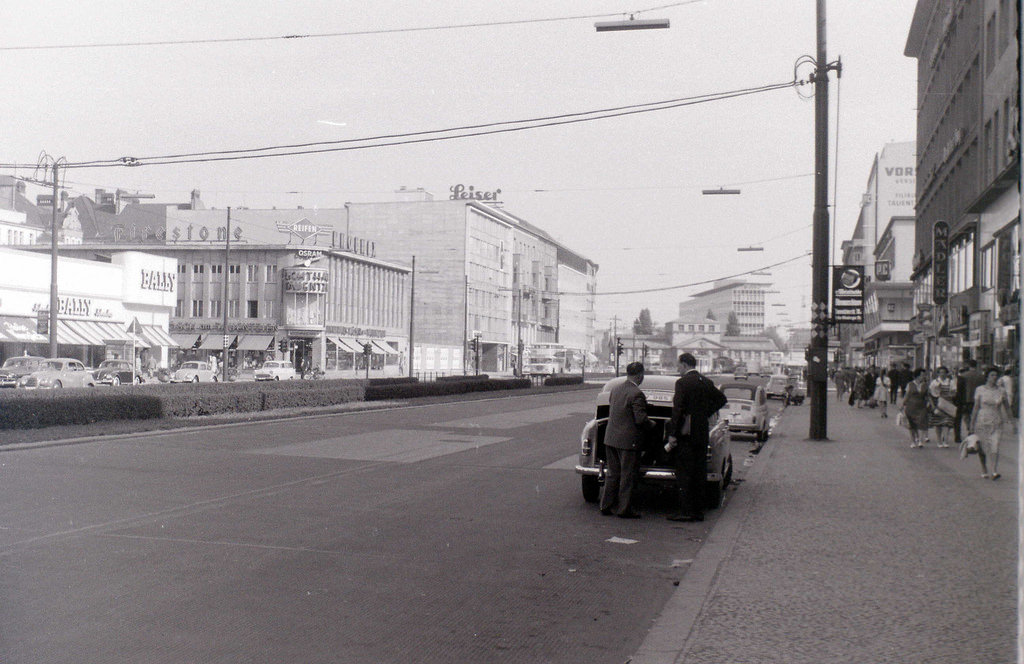
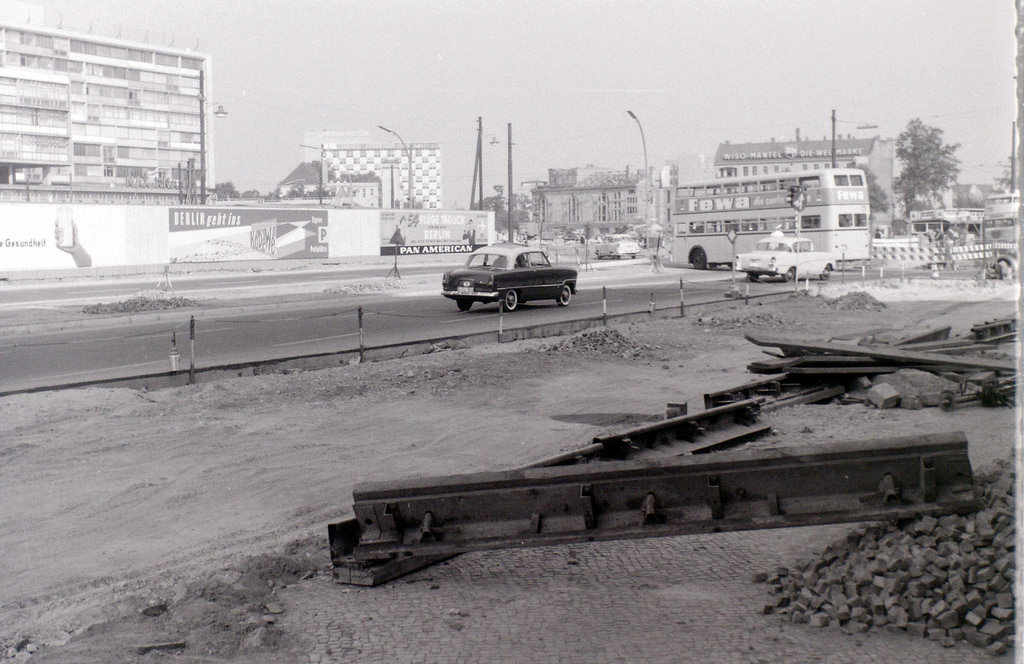
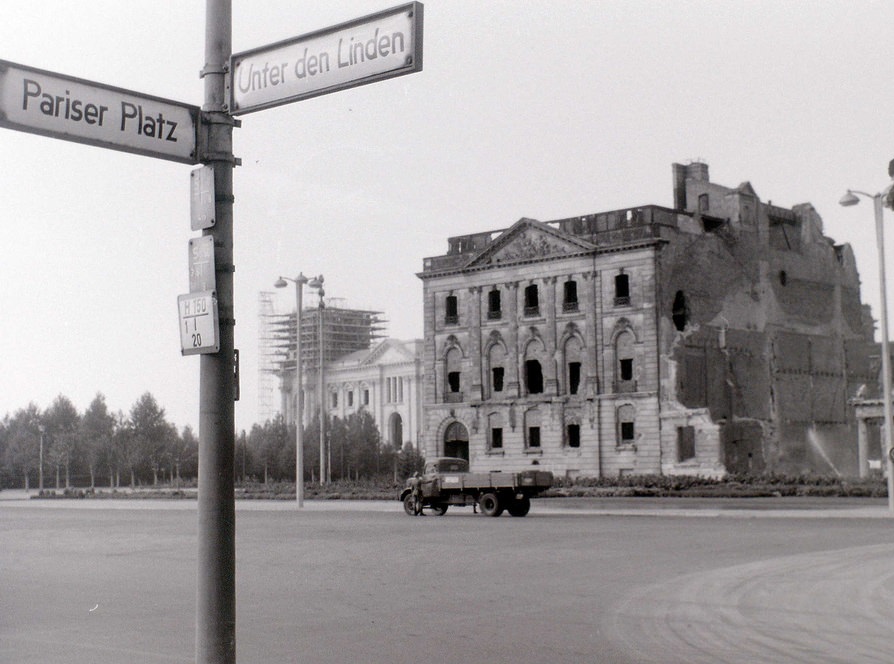

Mir gefallen Bilder aus den 1950ern. Nur eine Generation entfernt und doch aus einer anderen Welt.